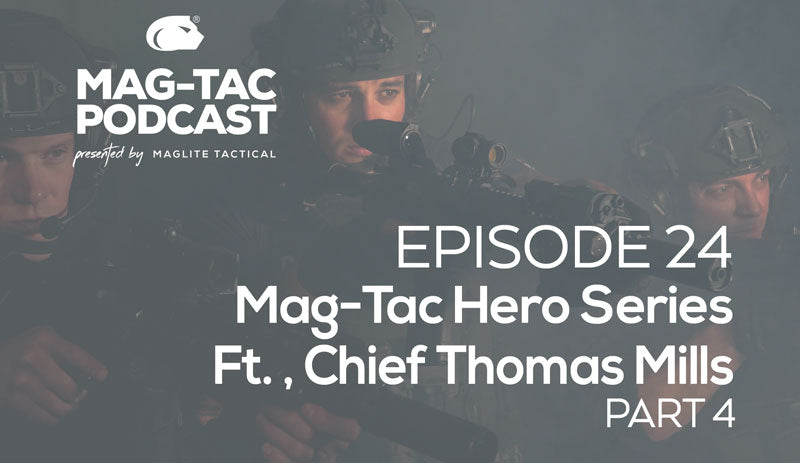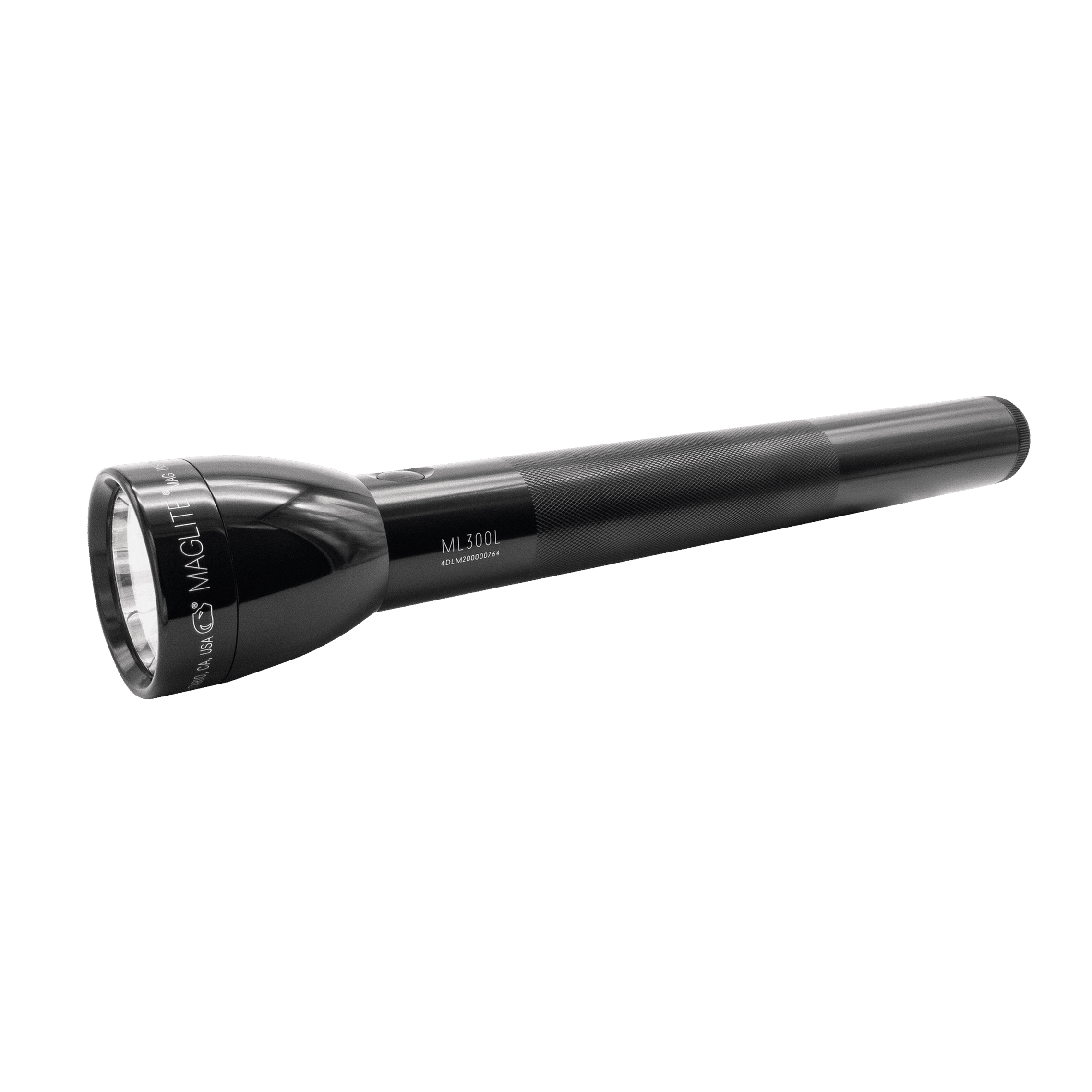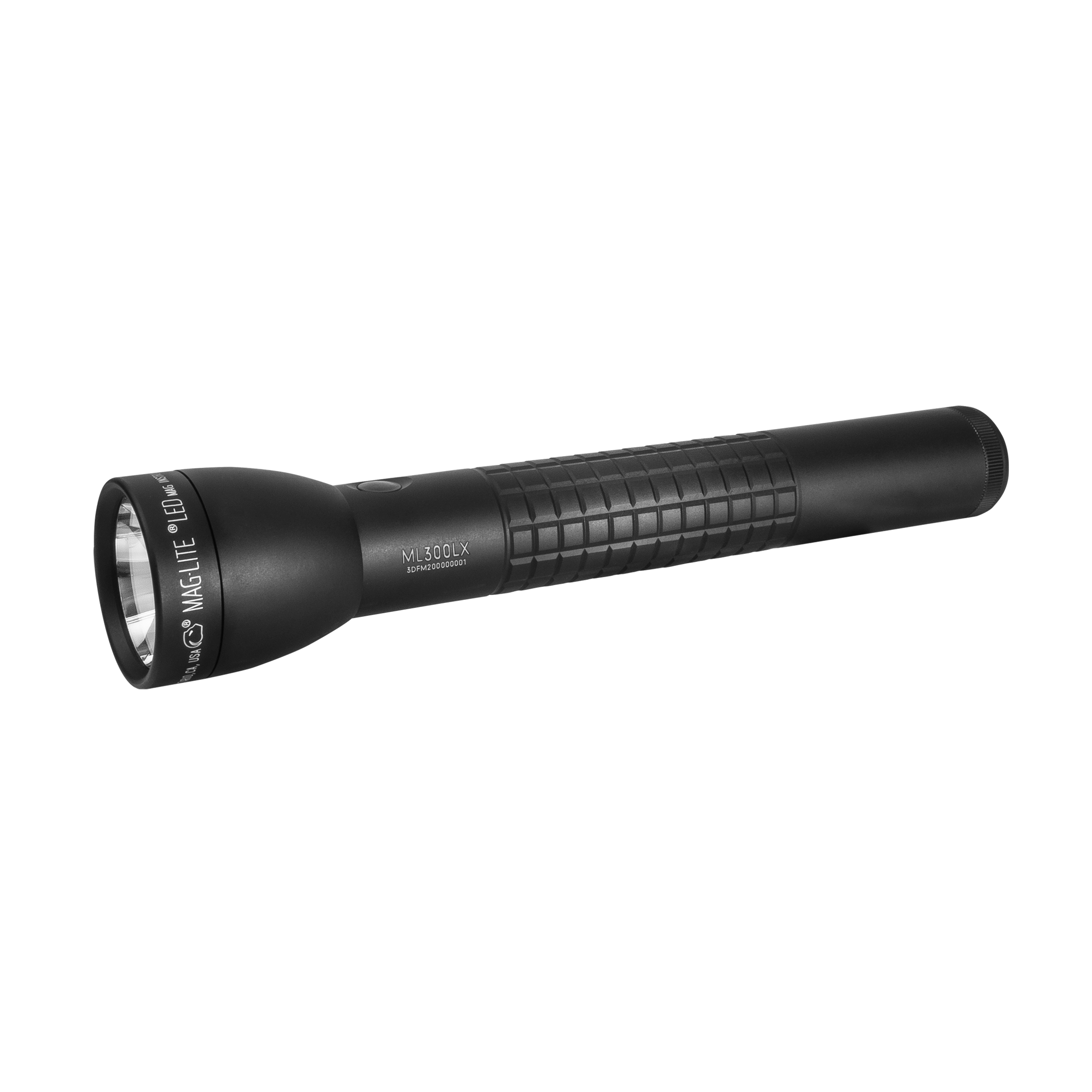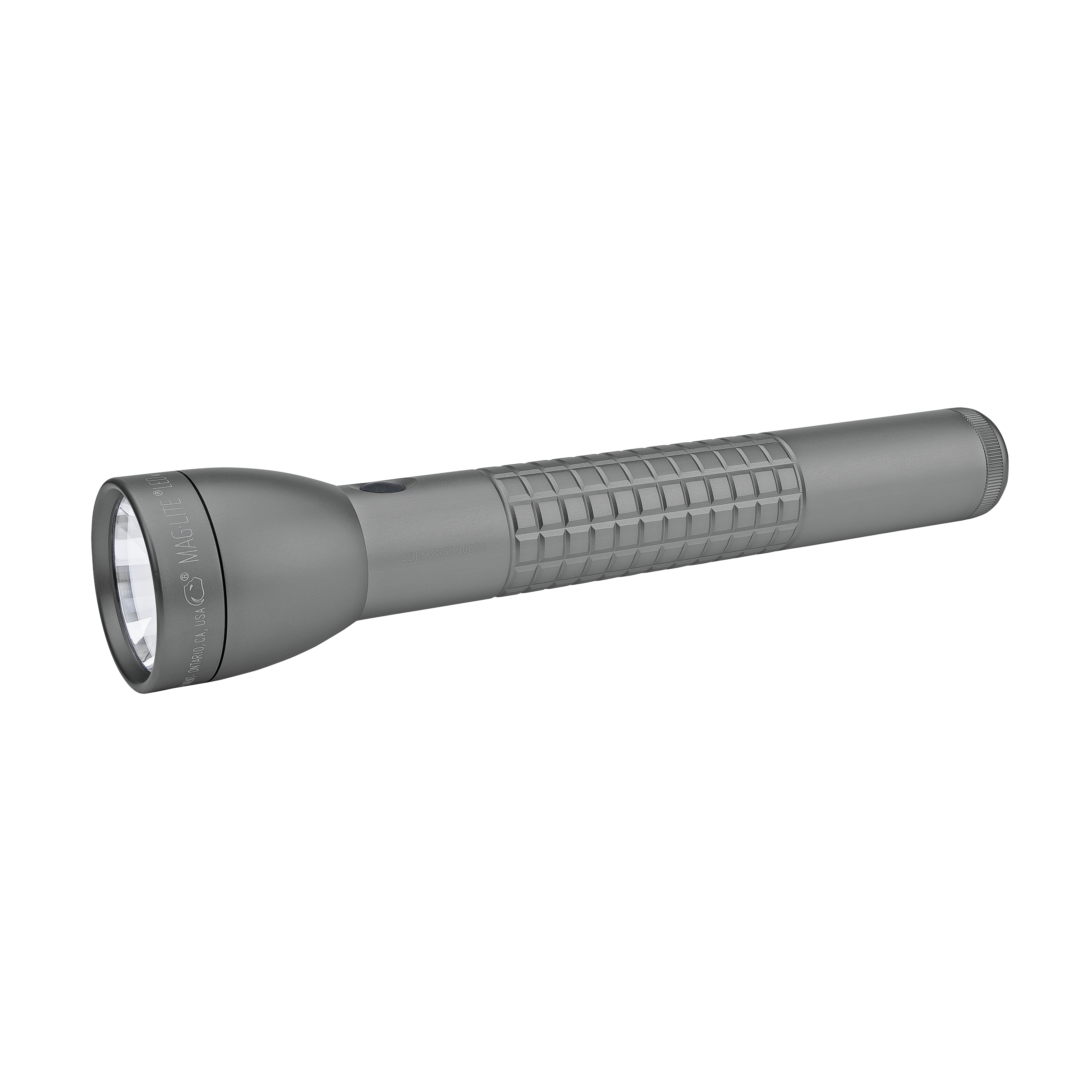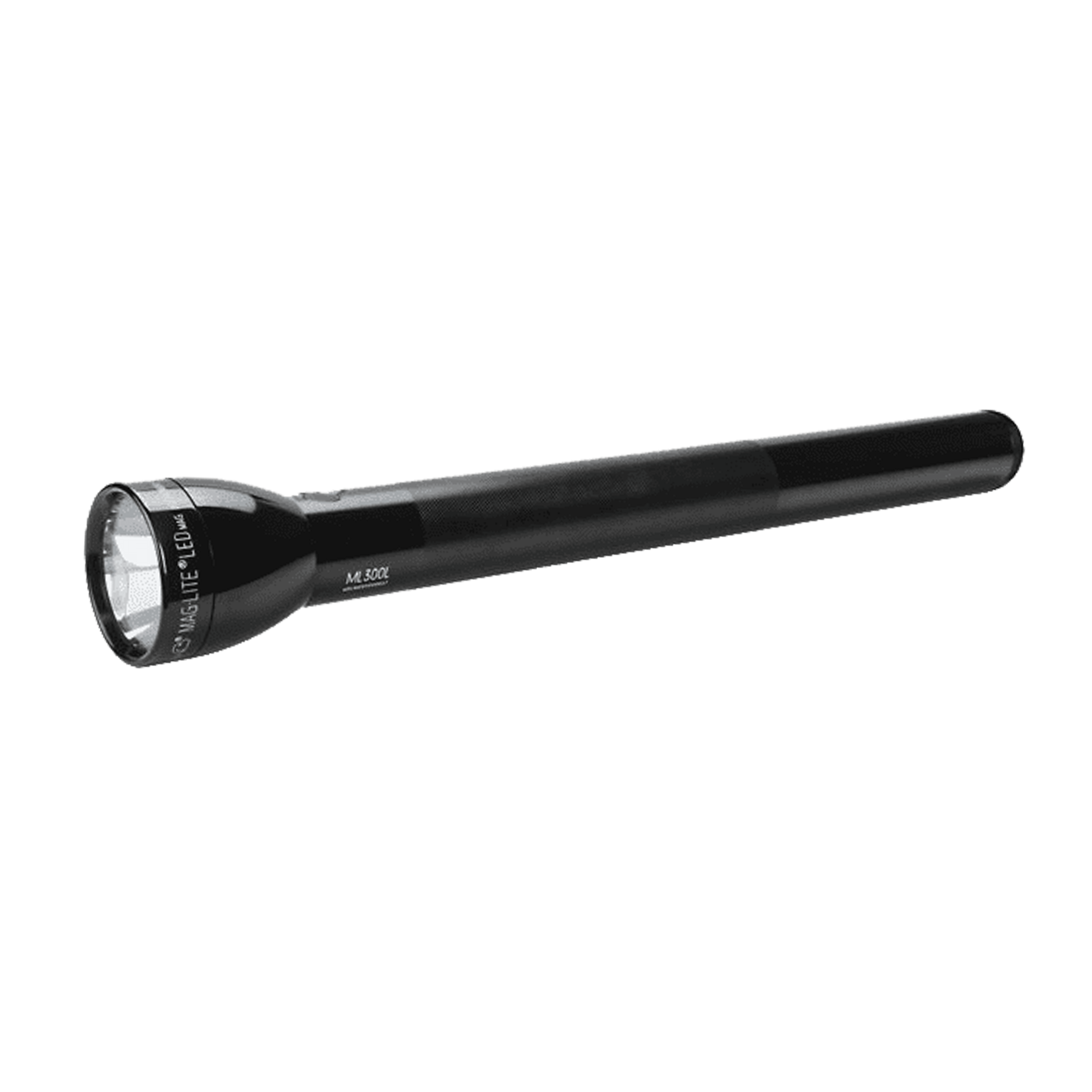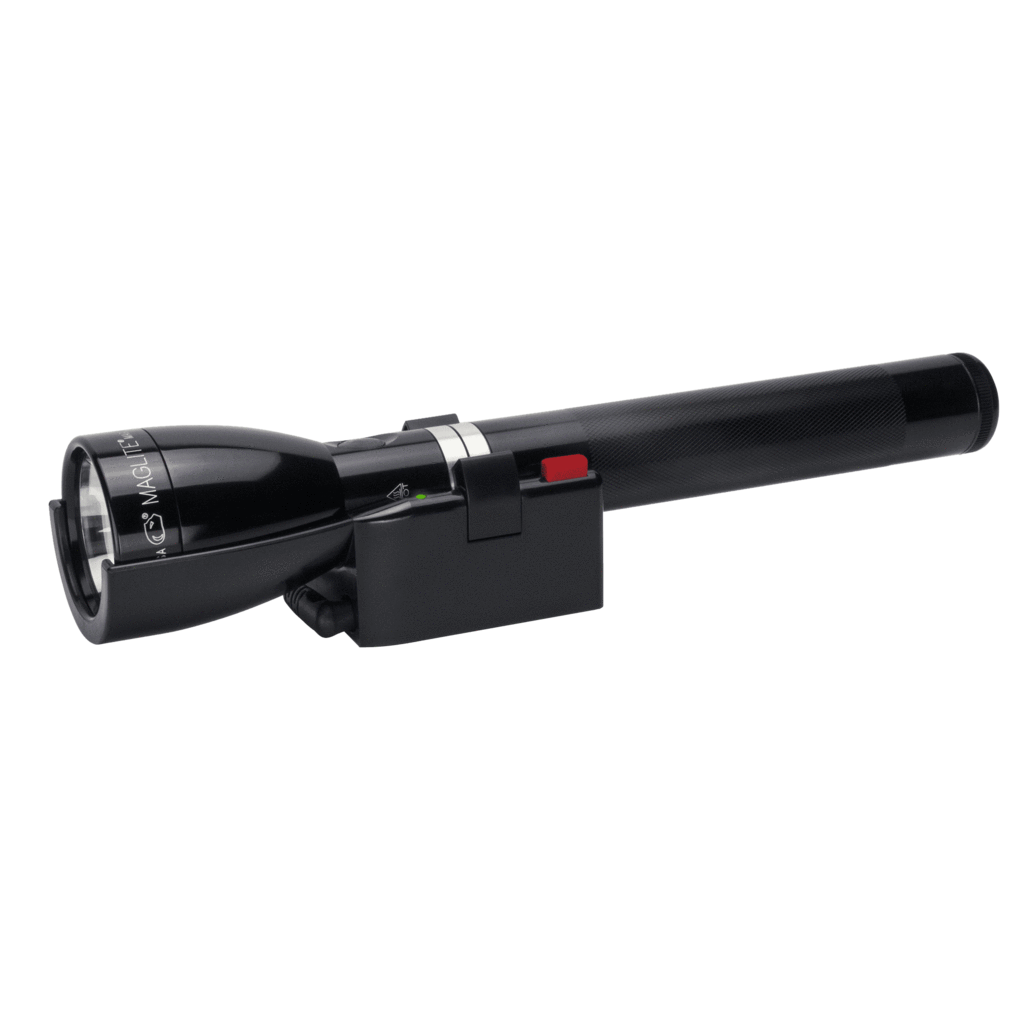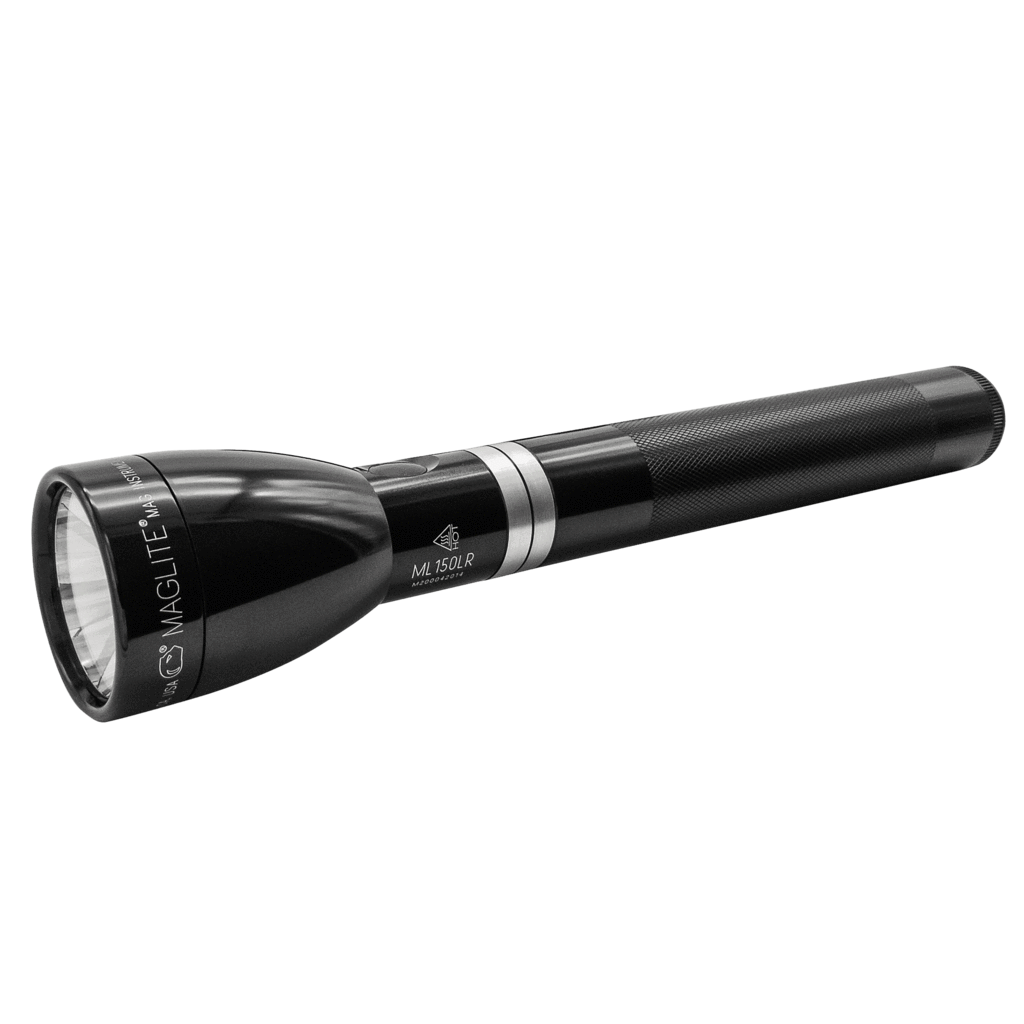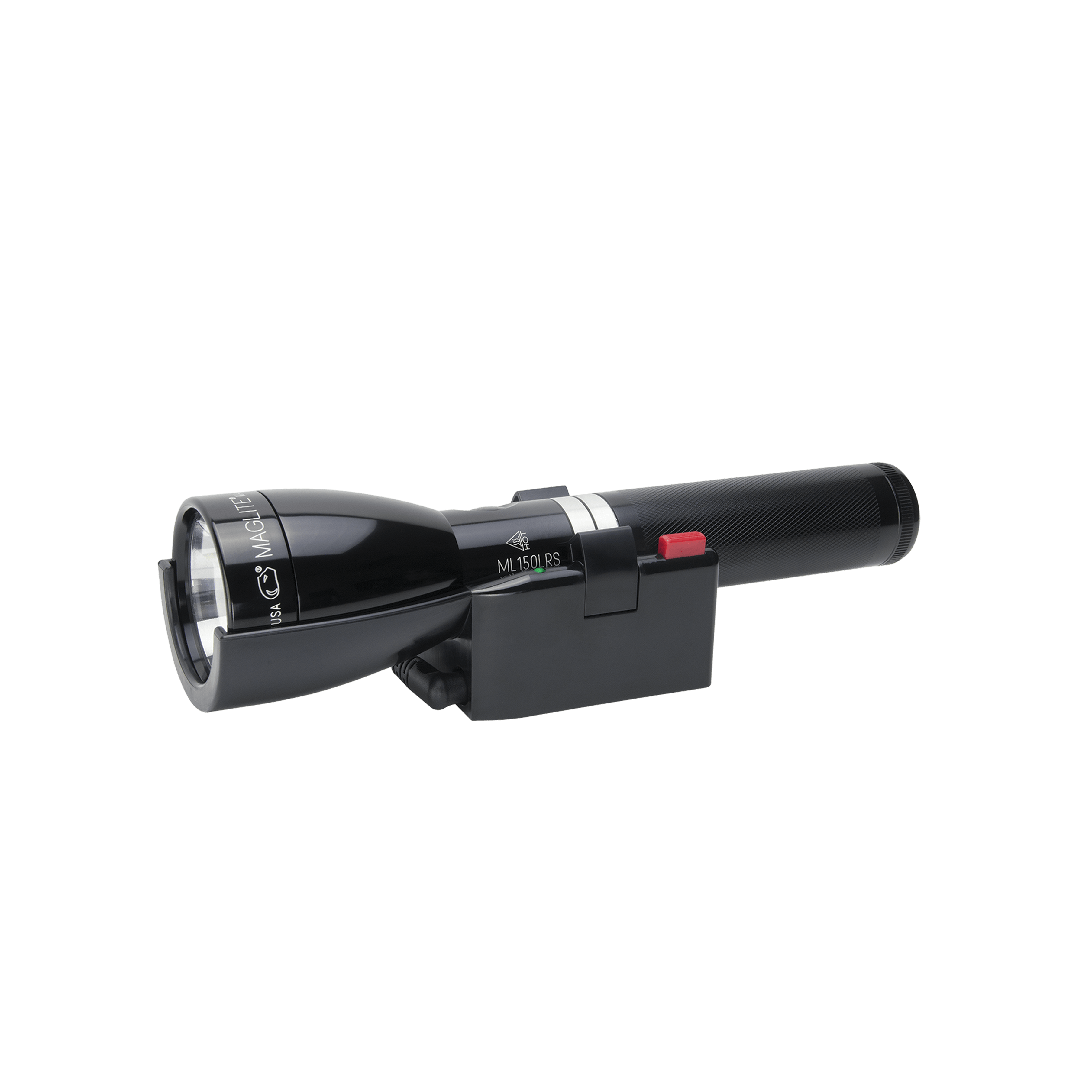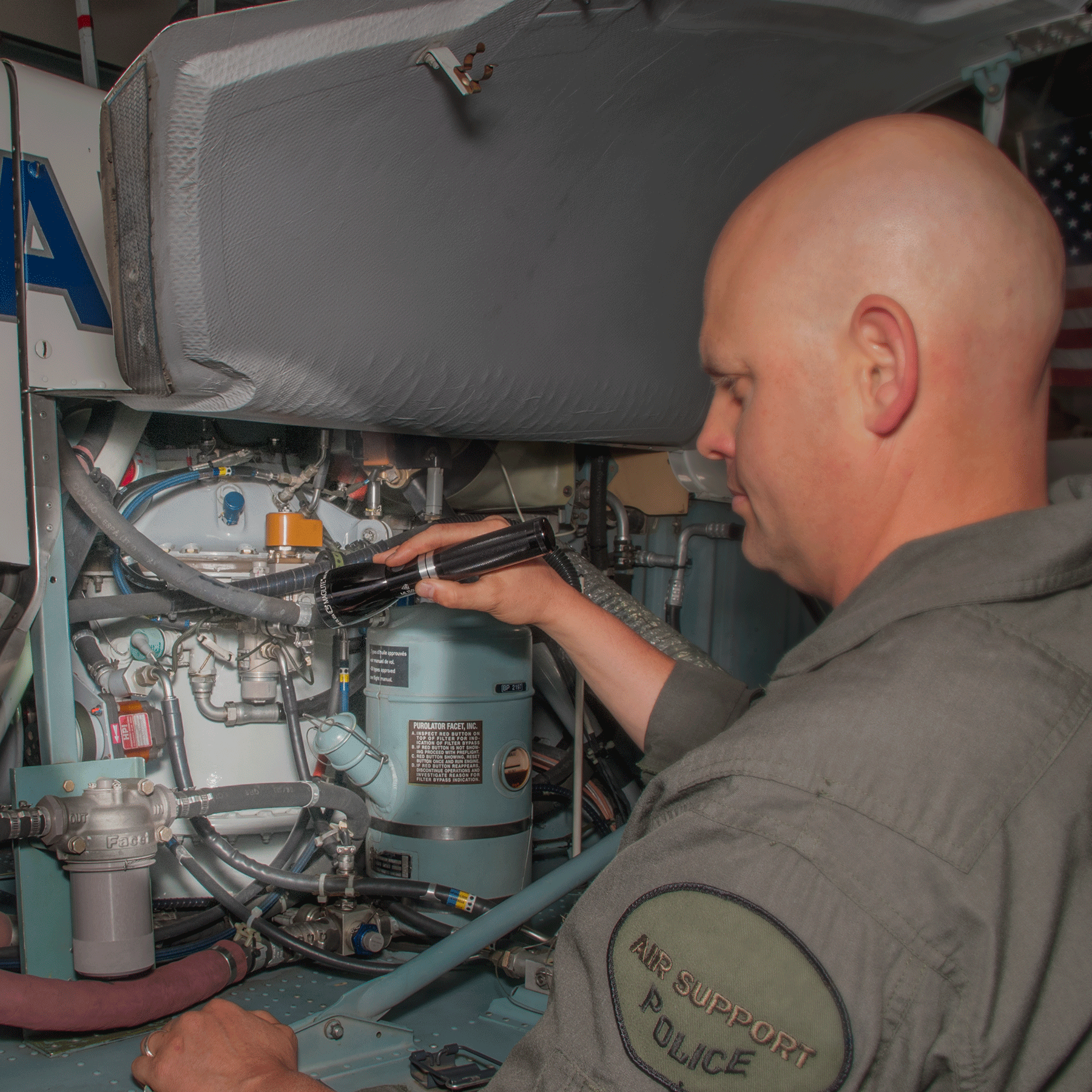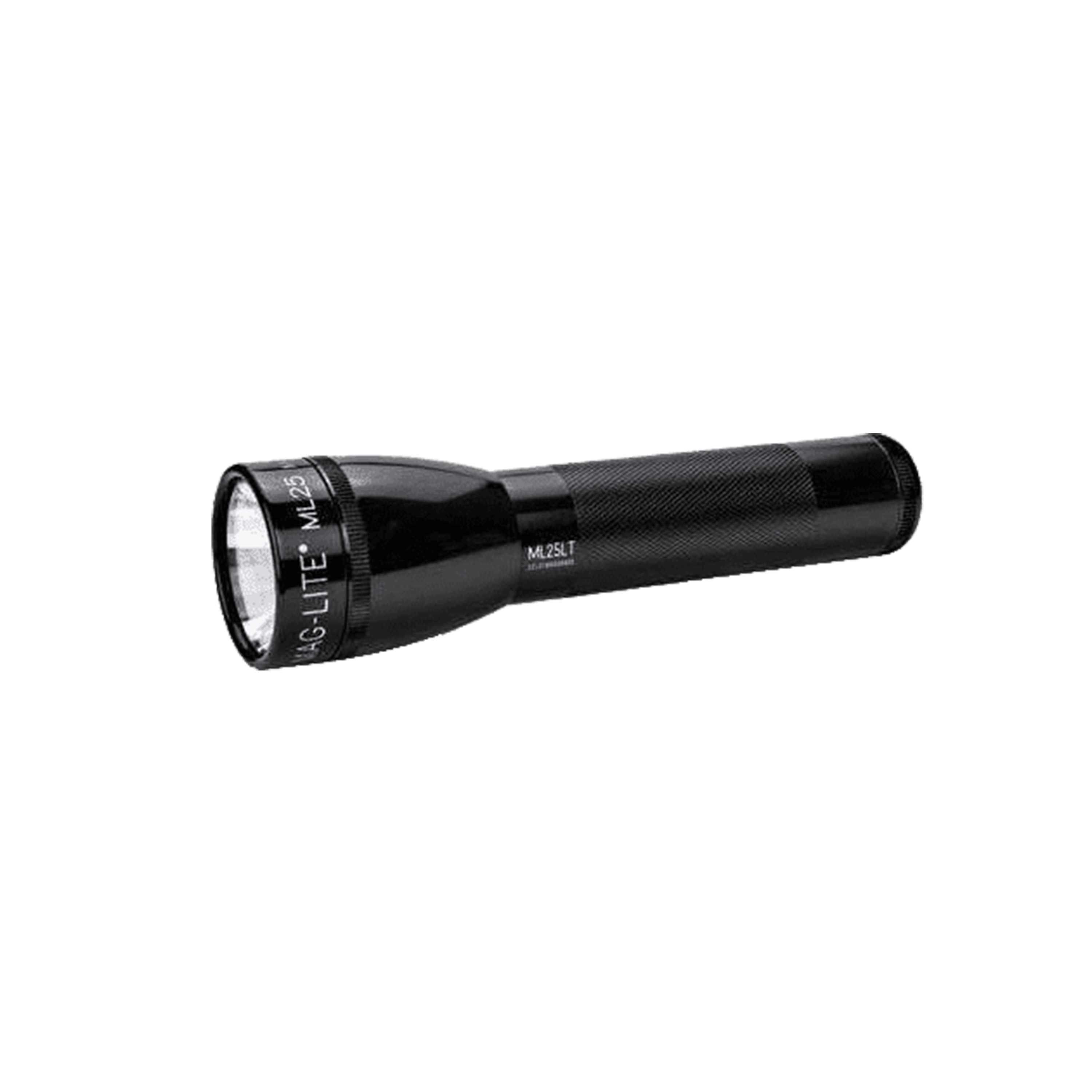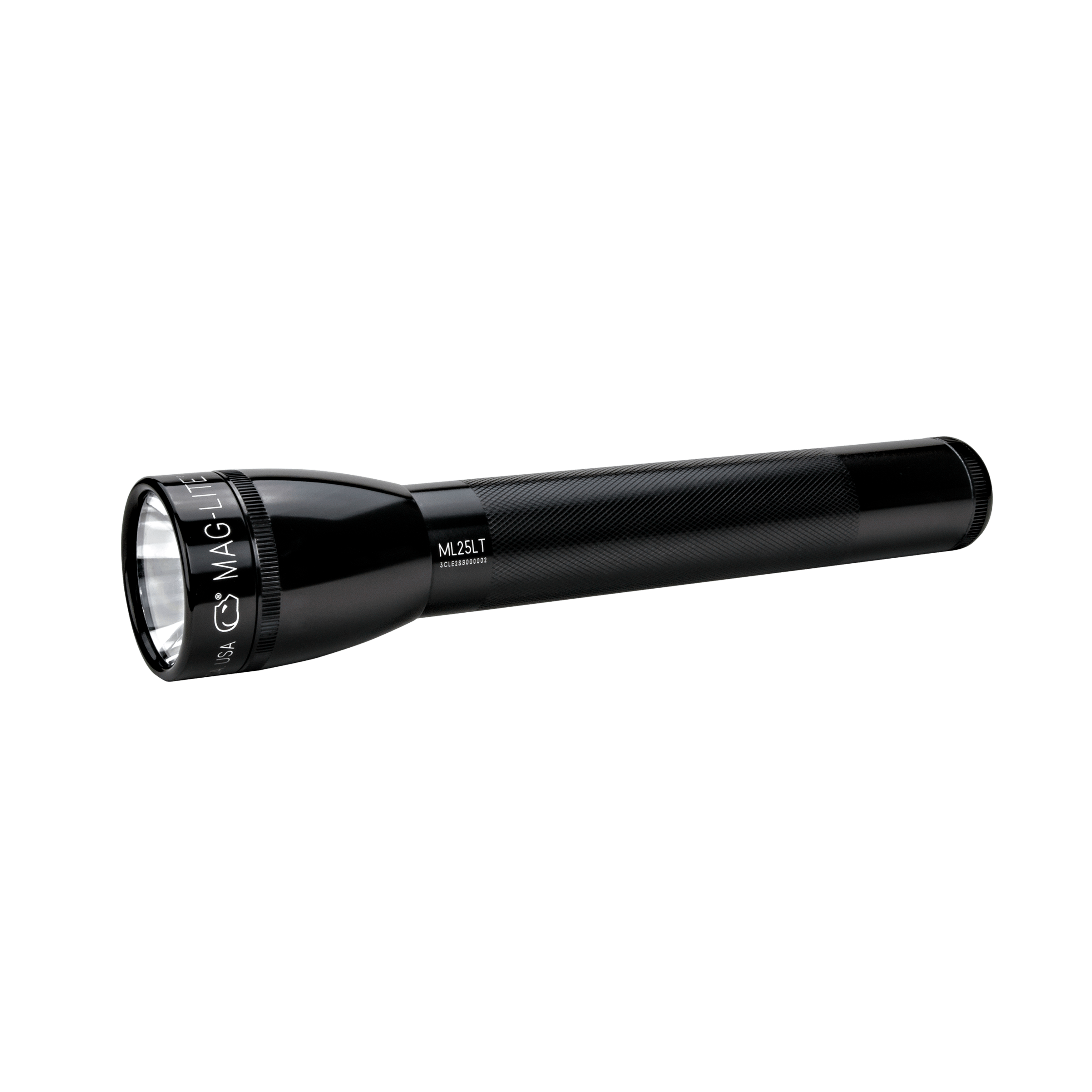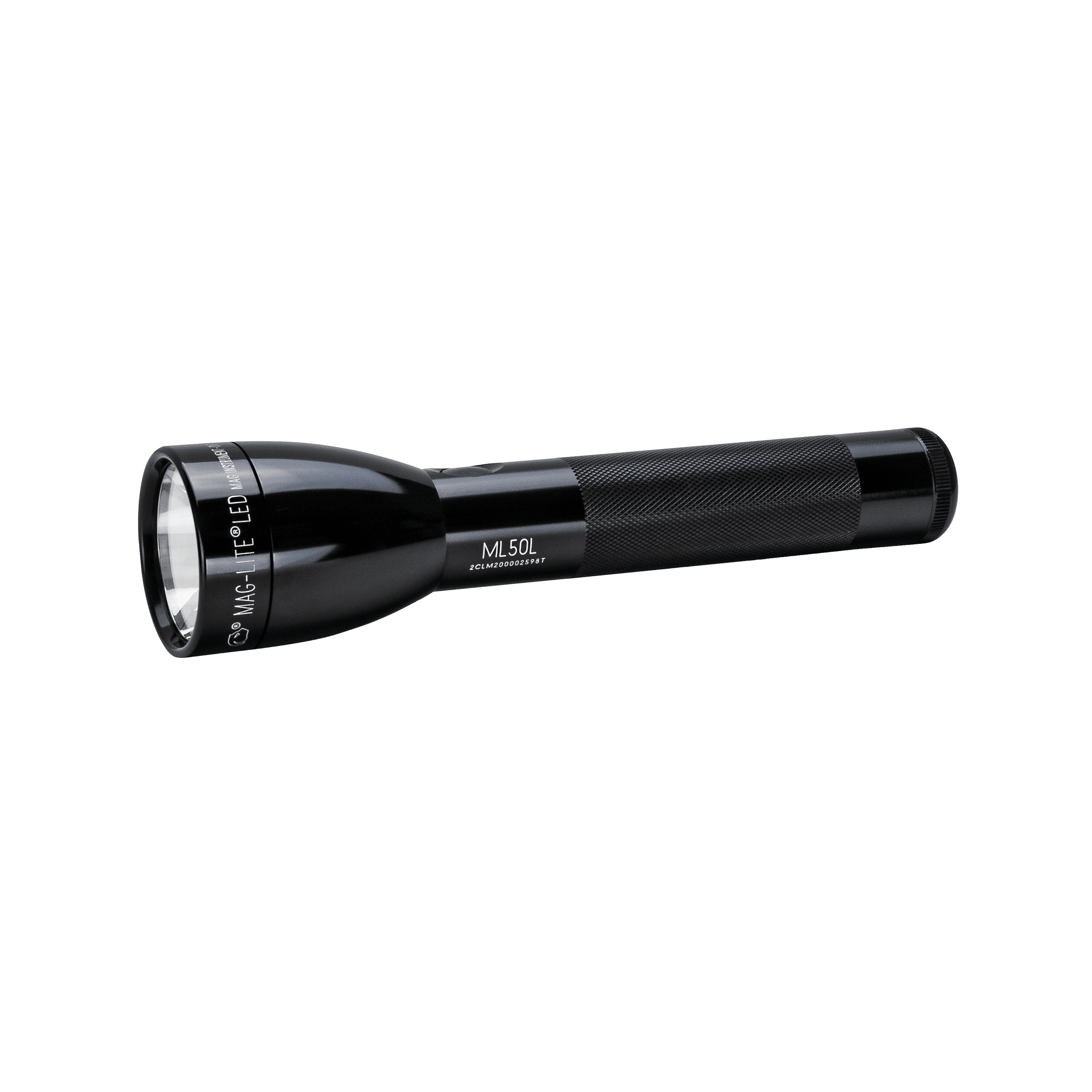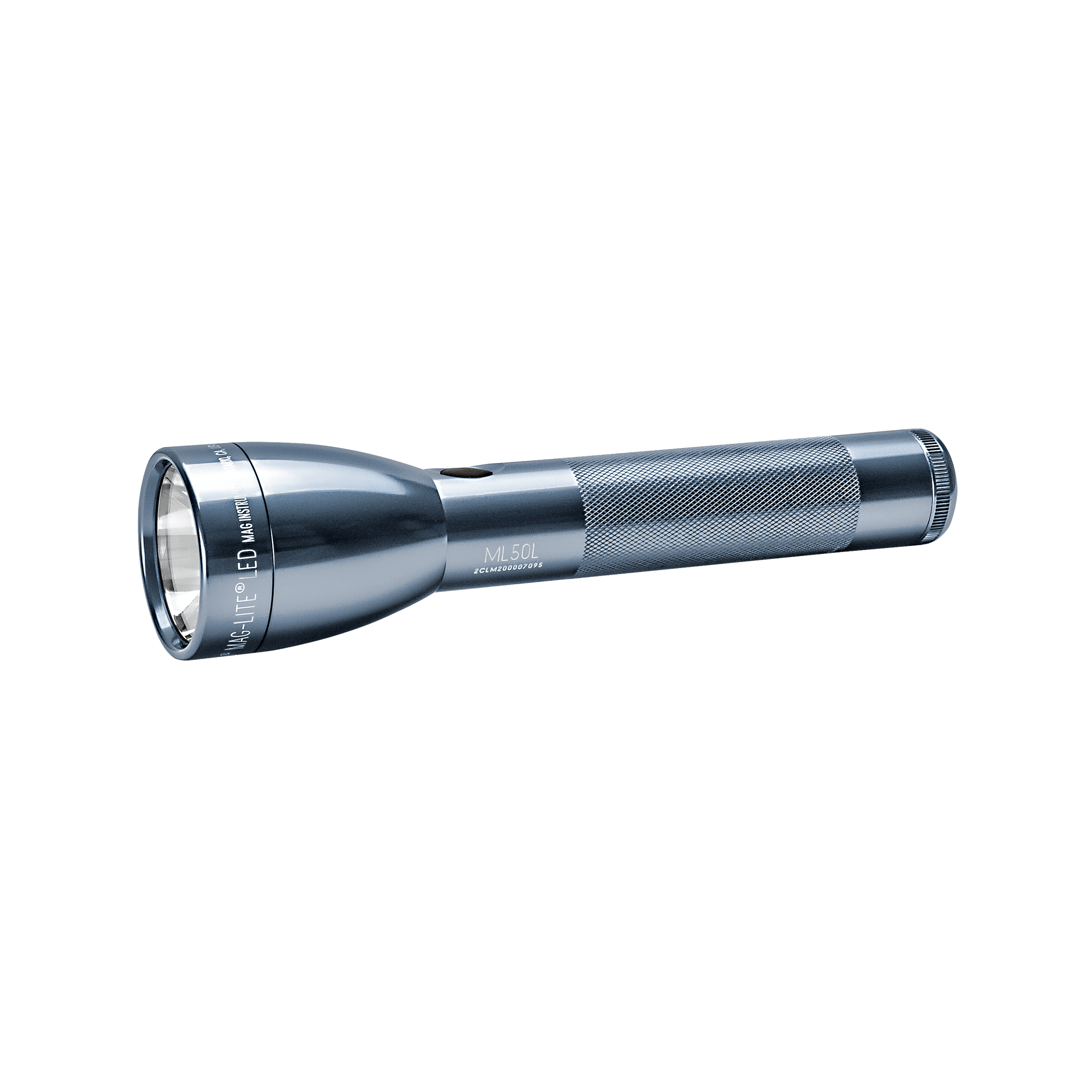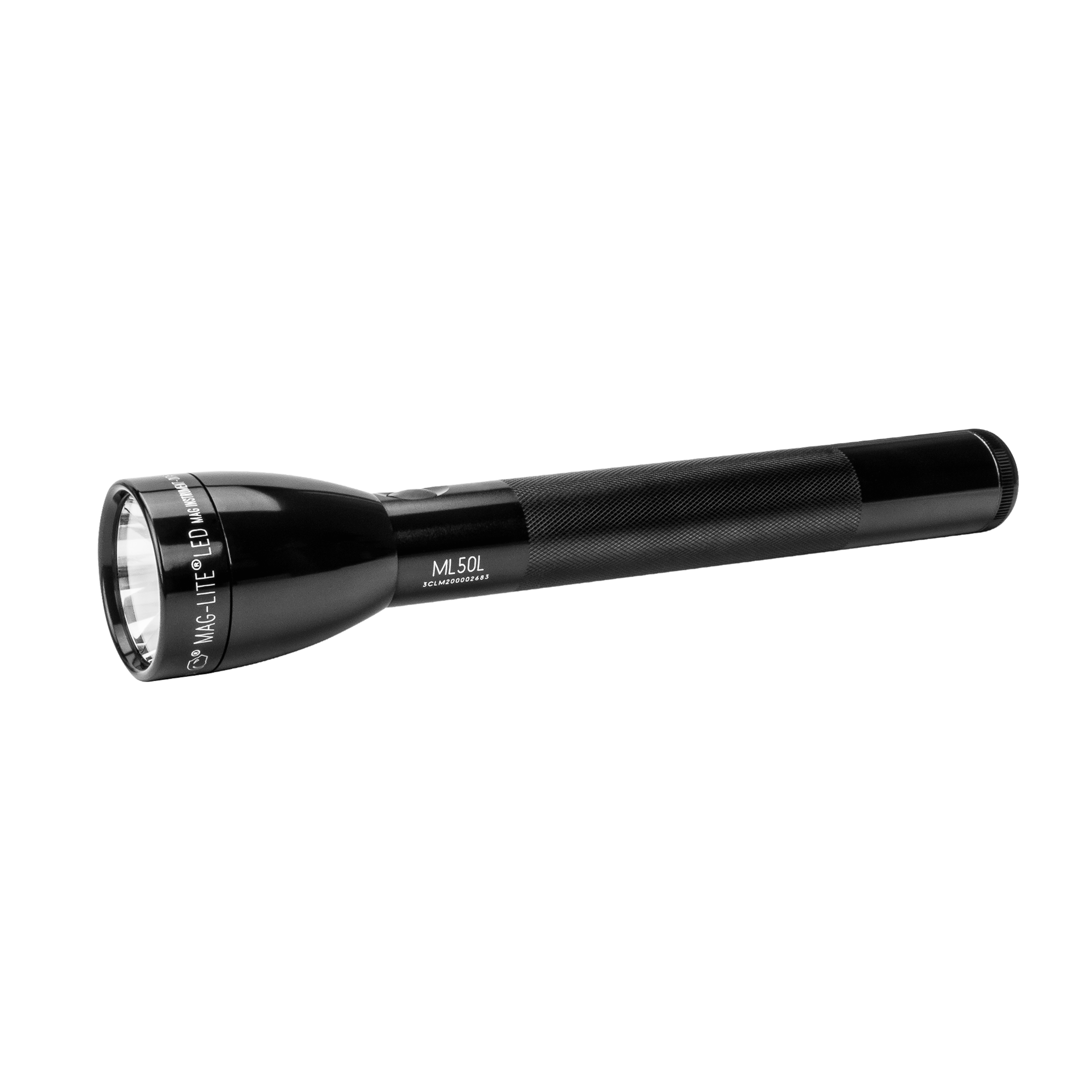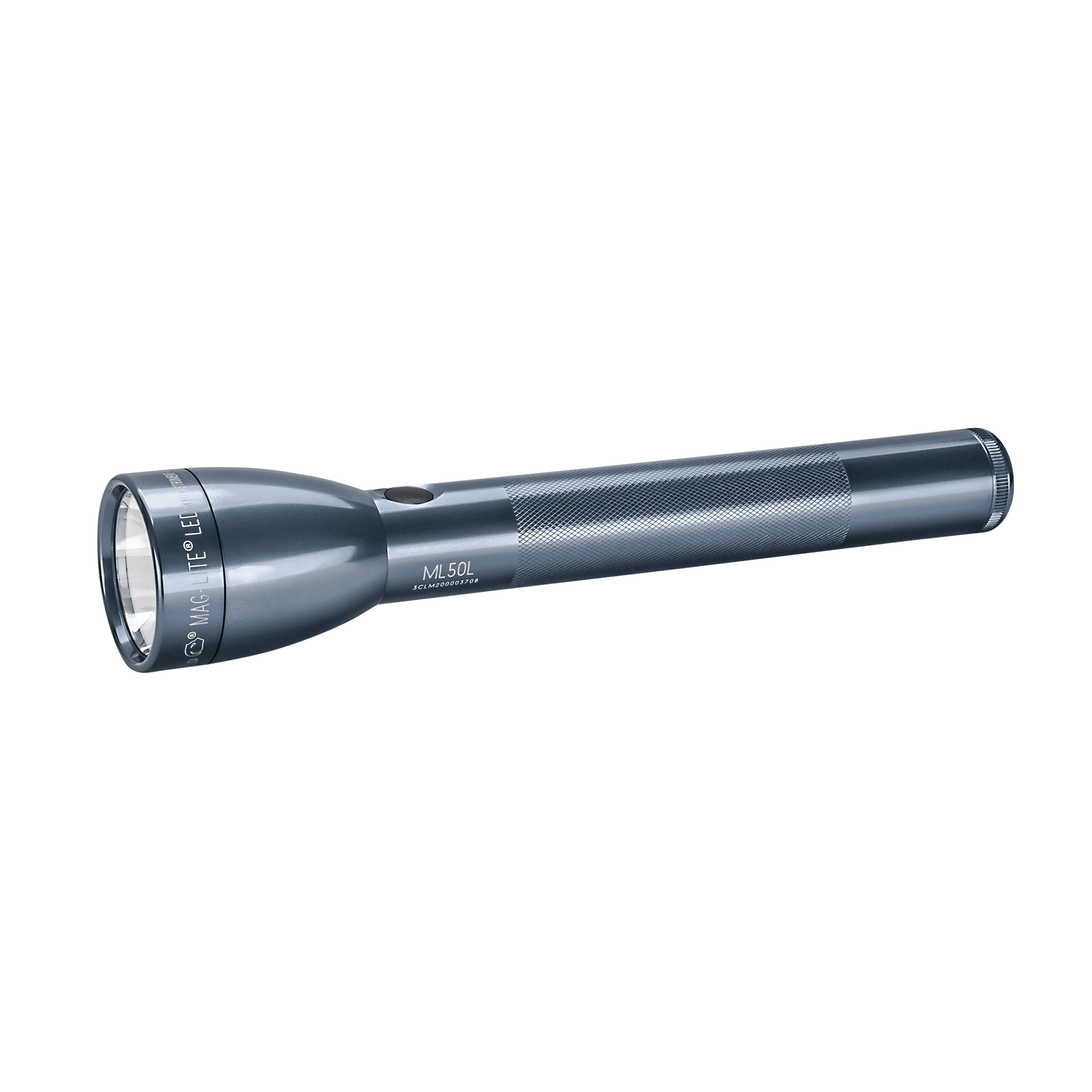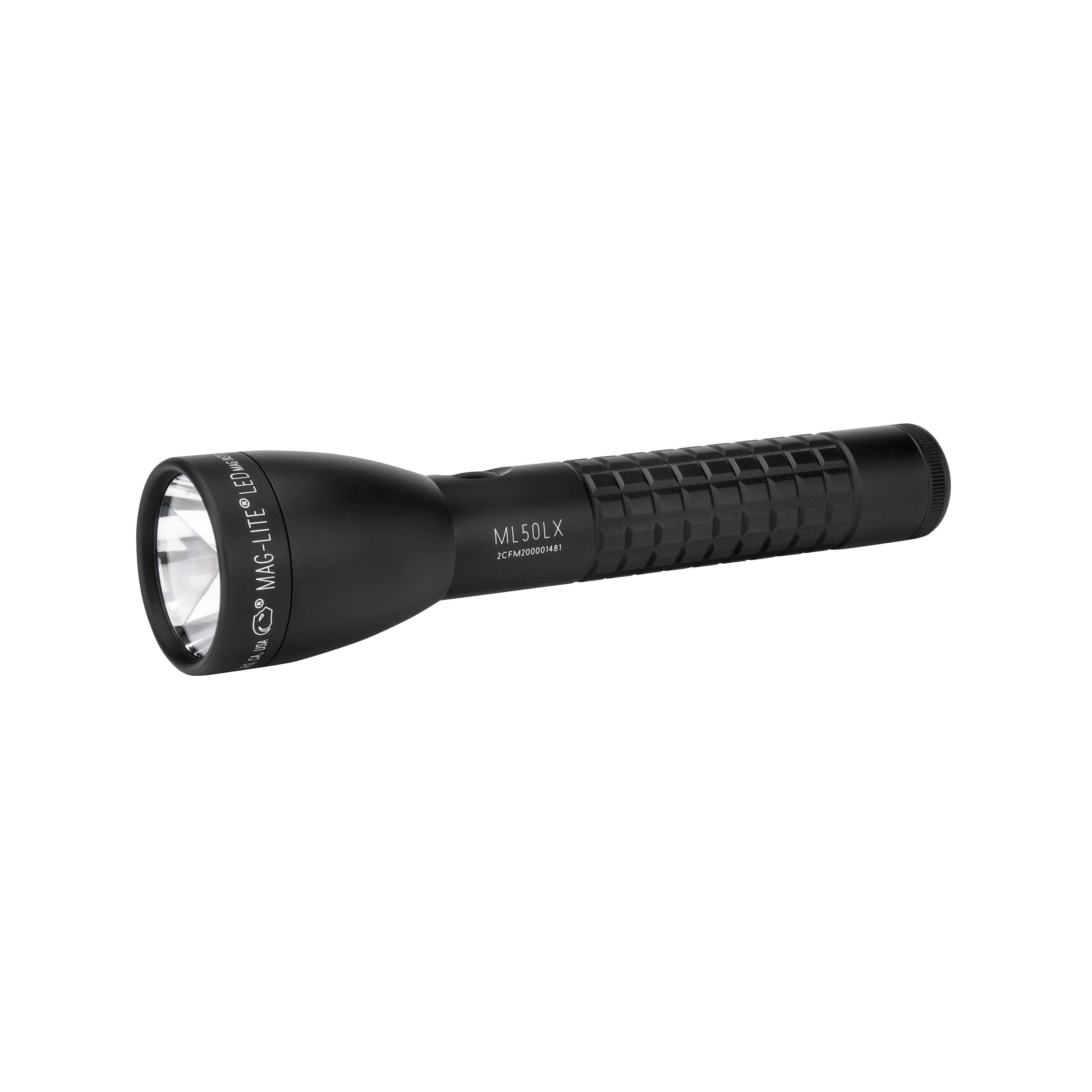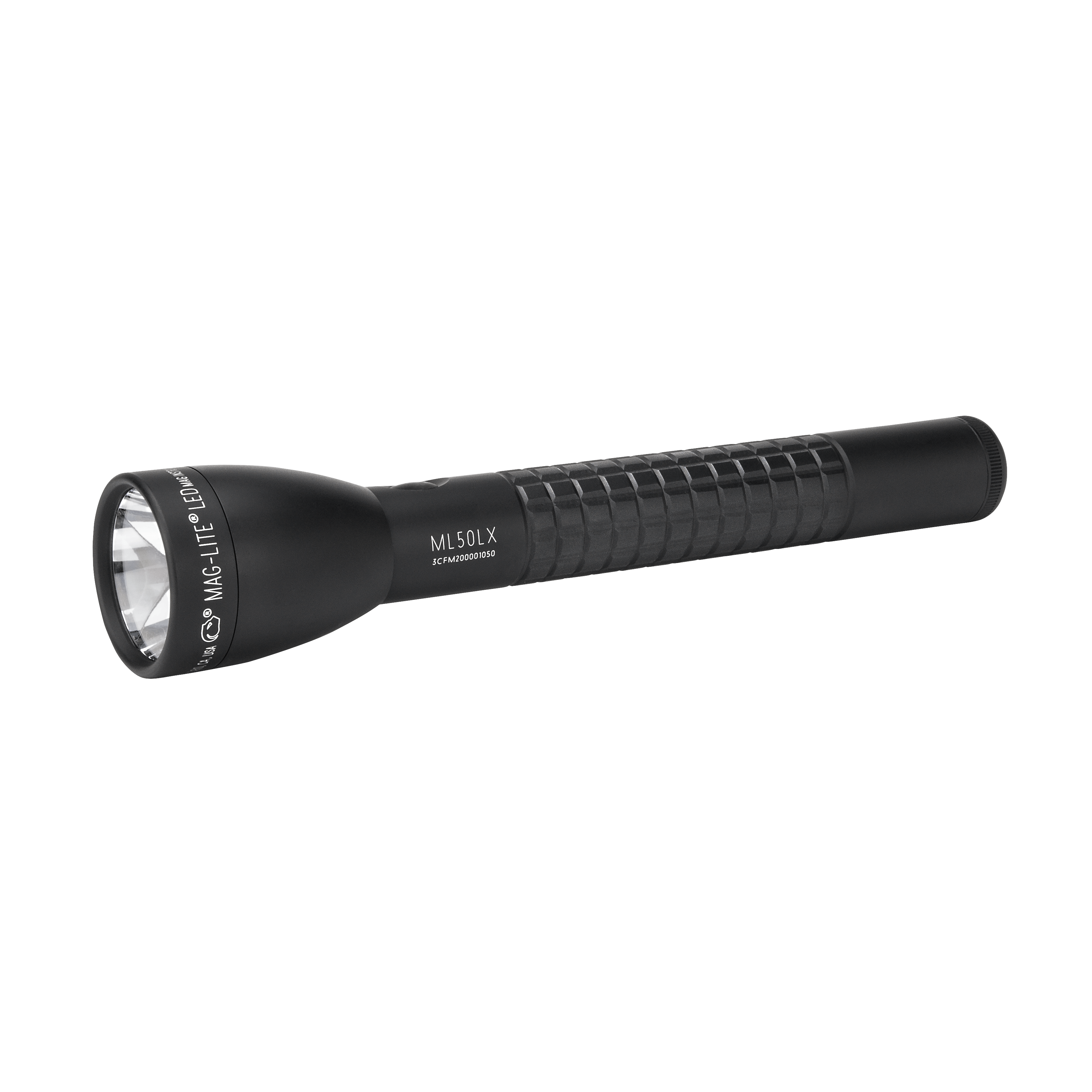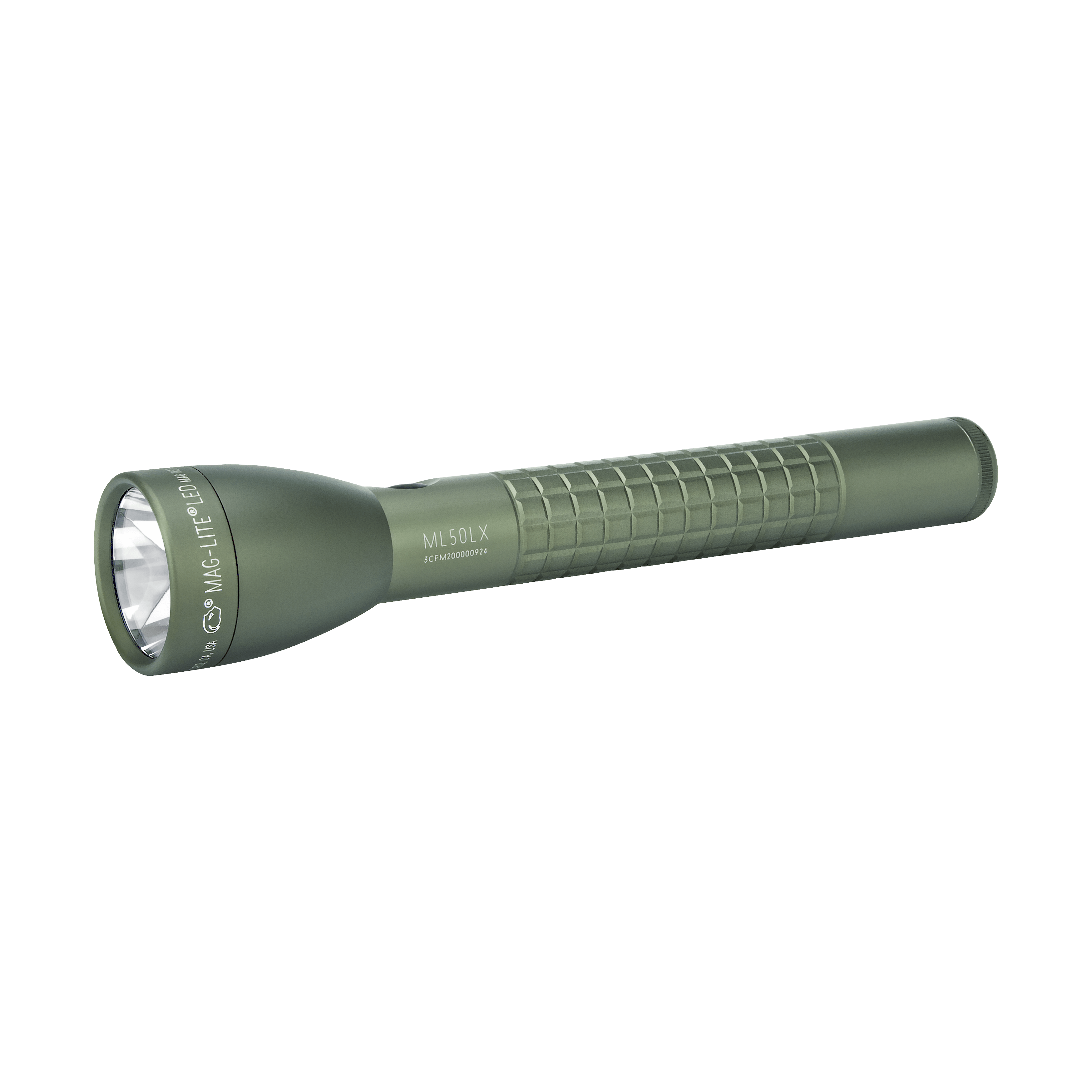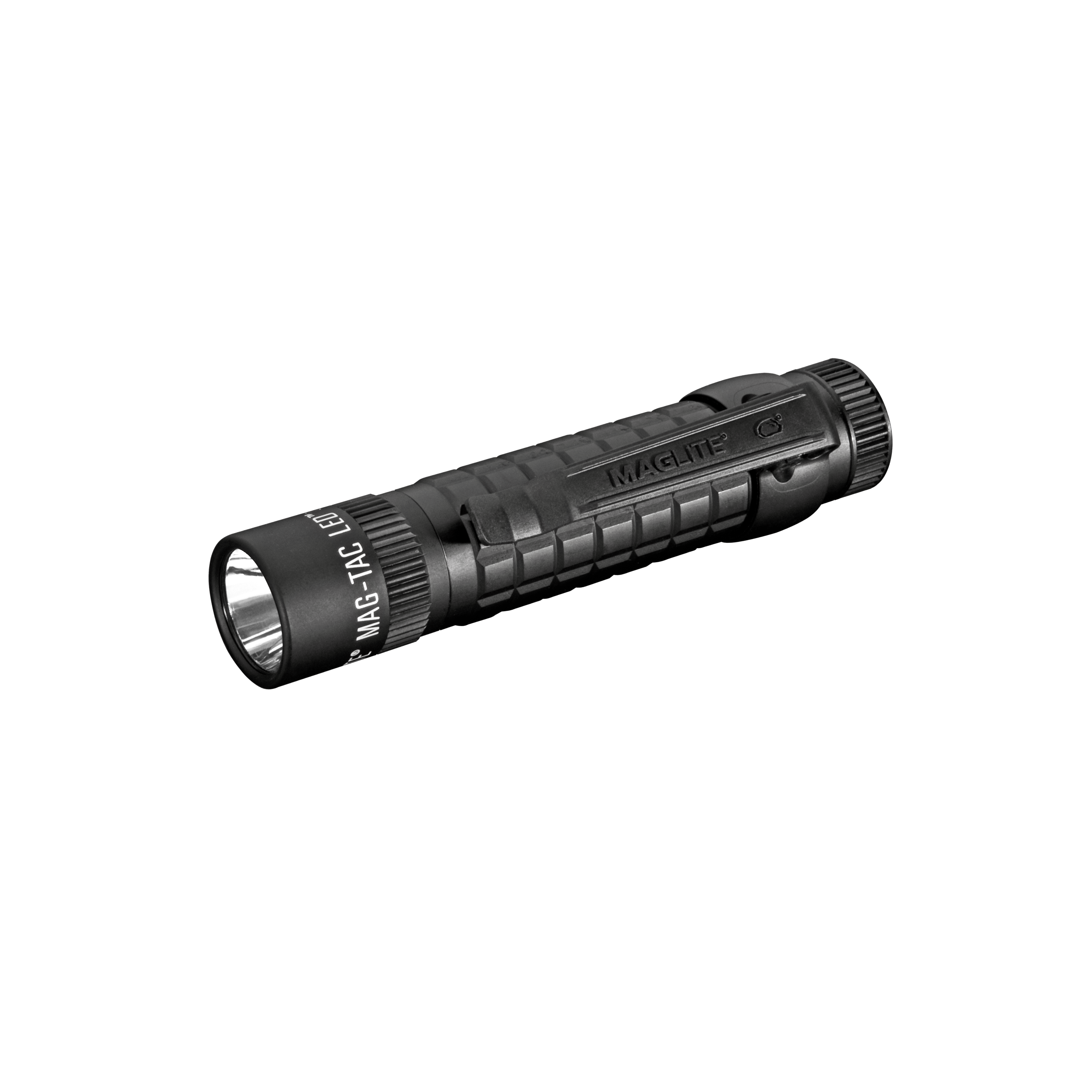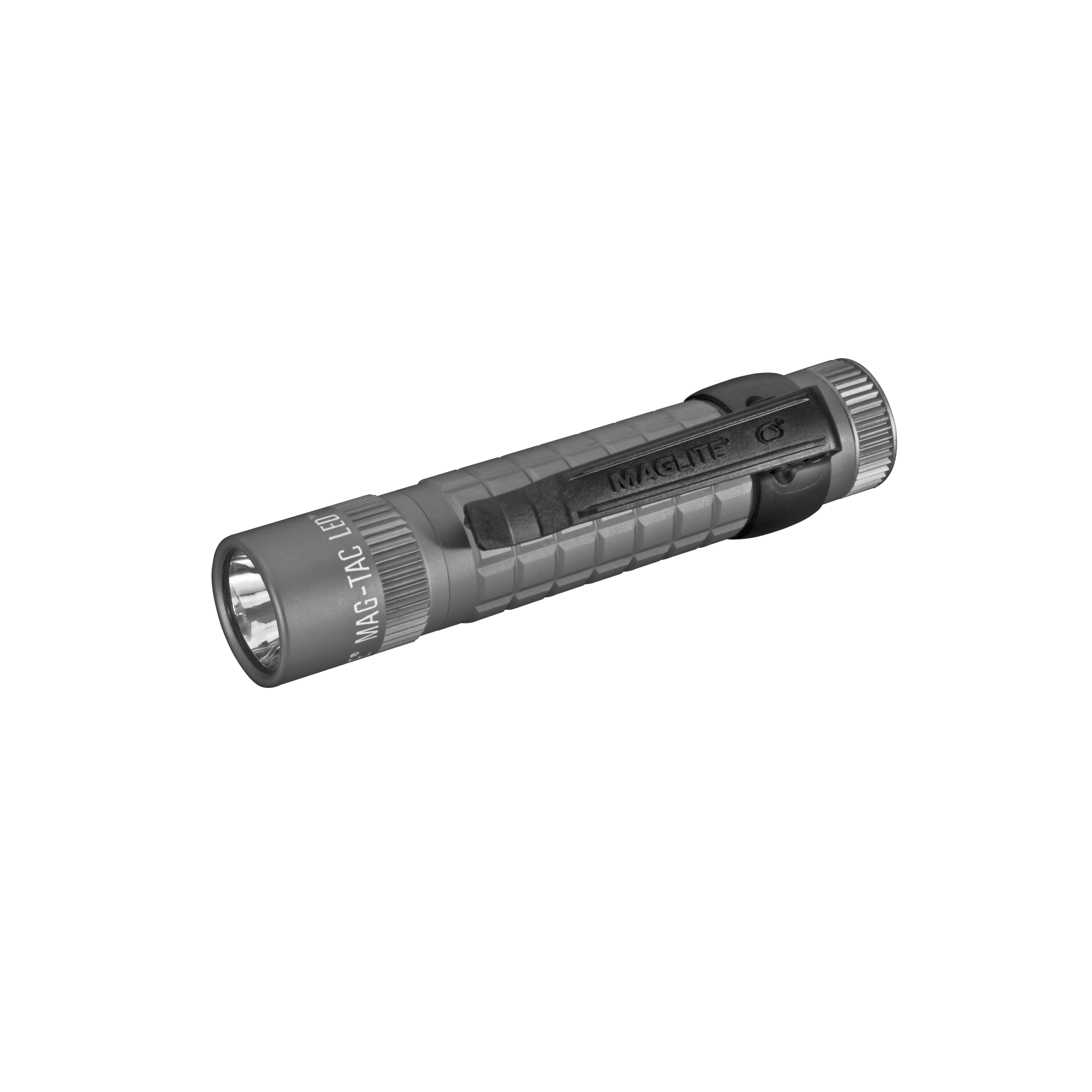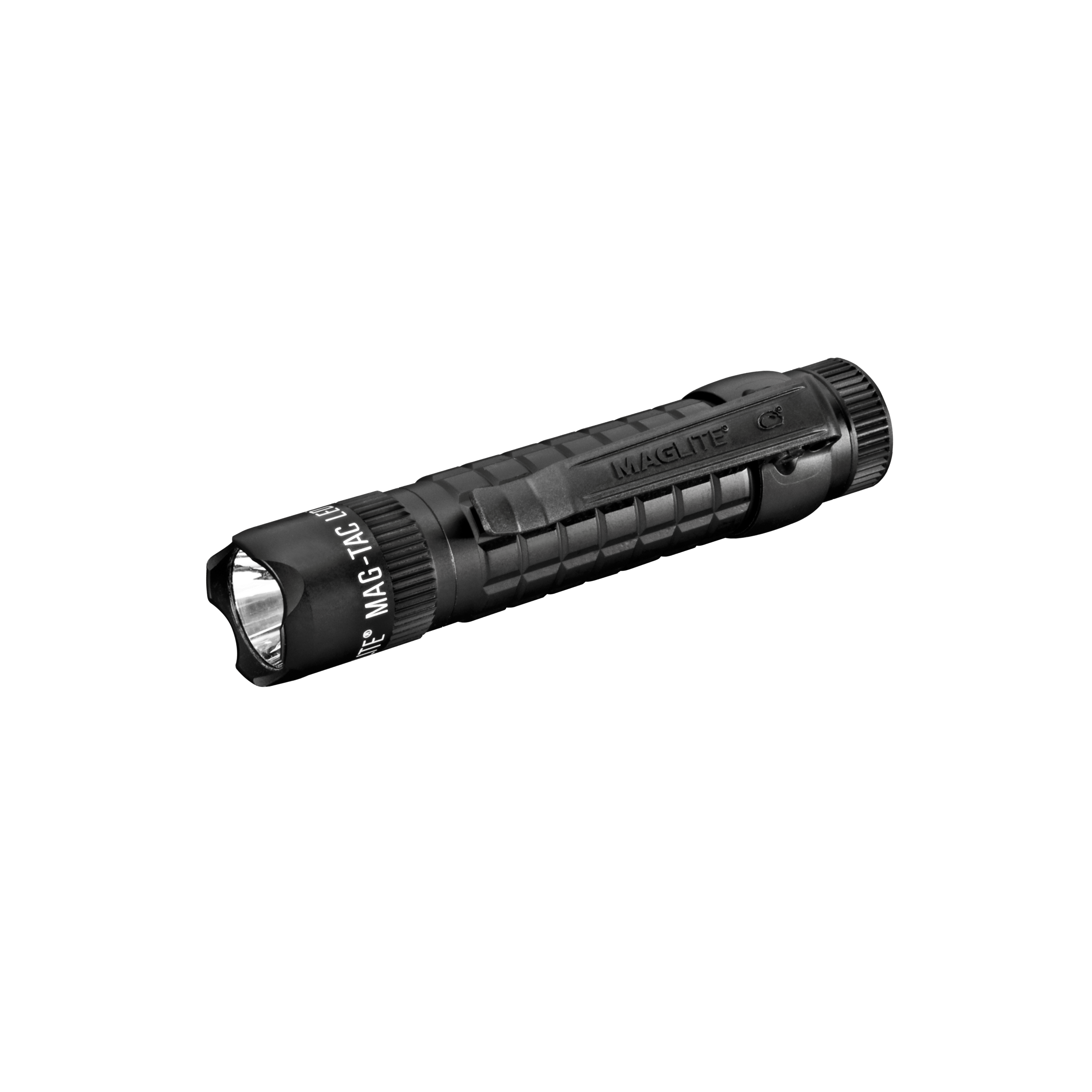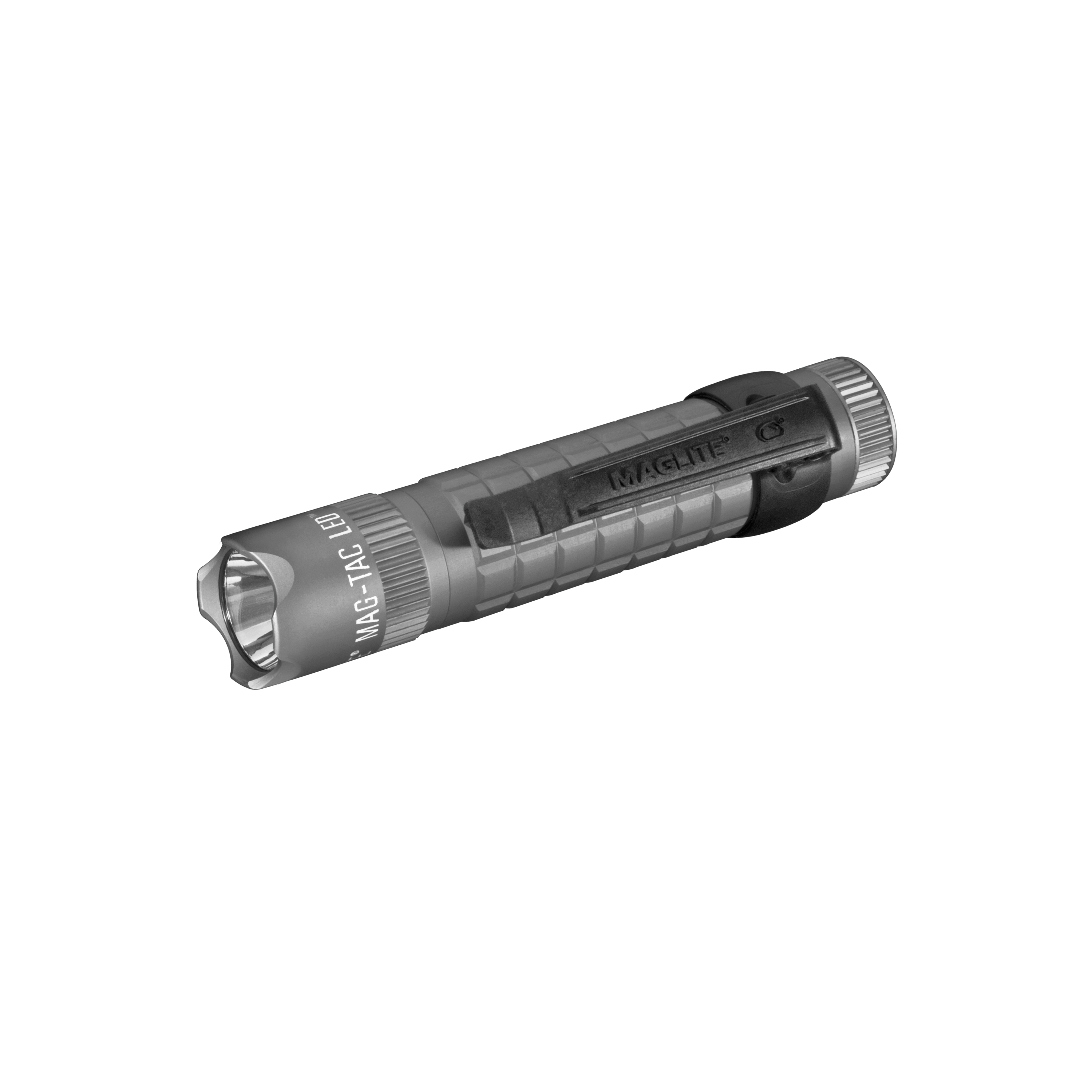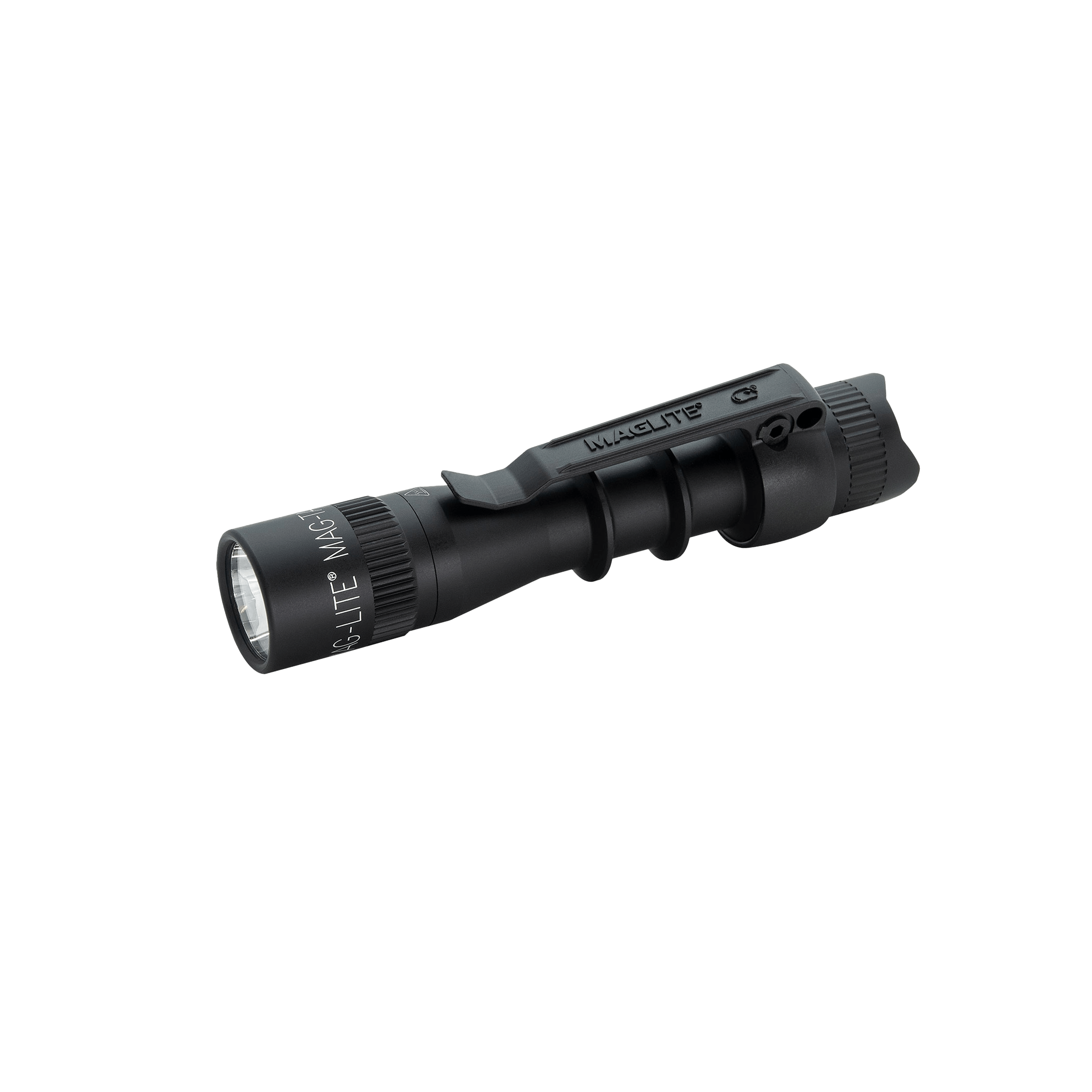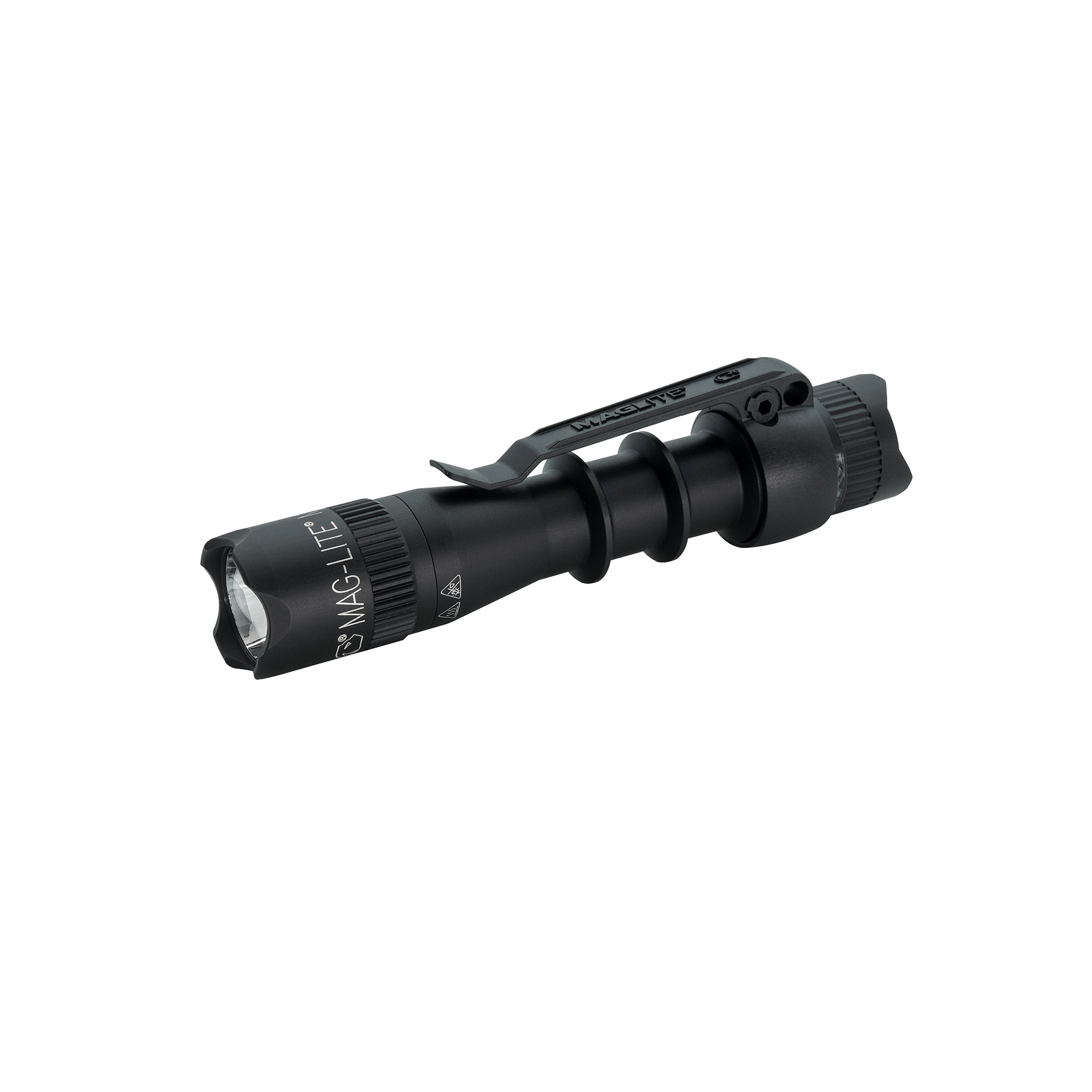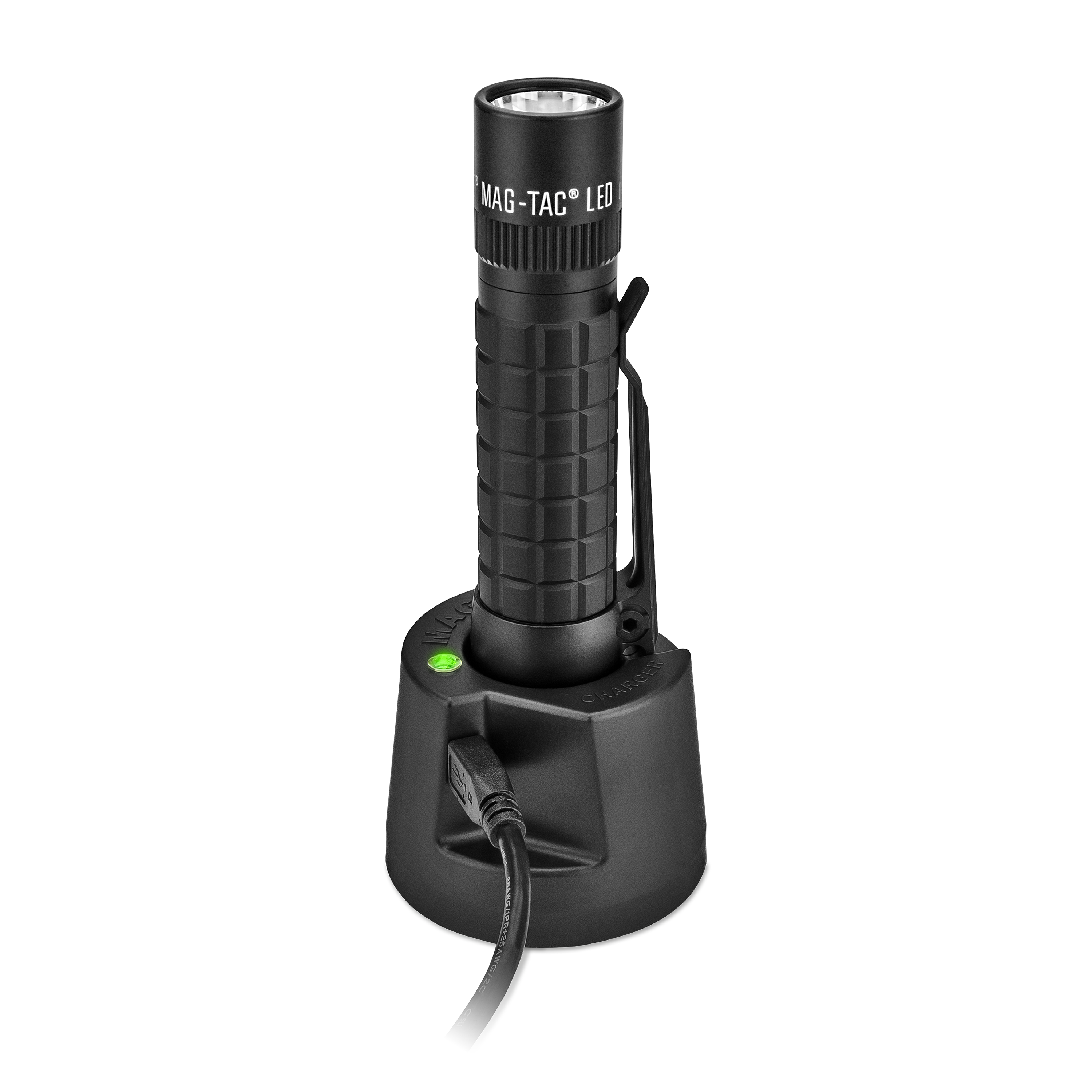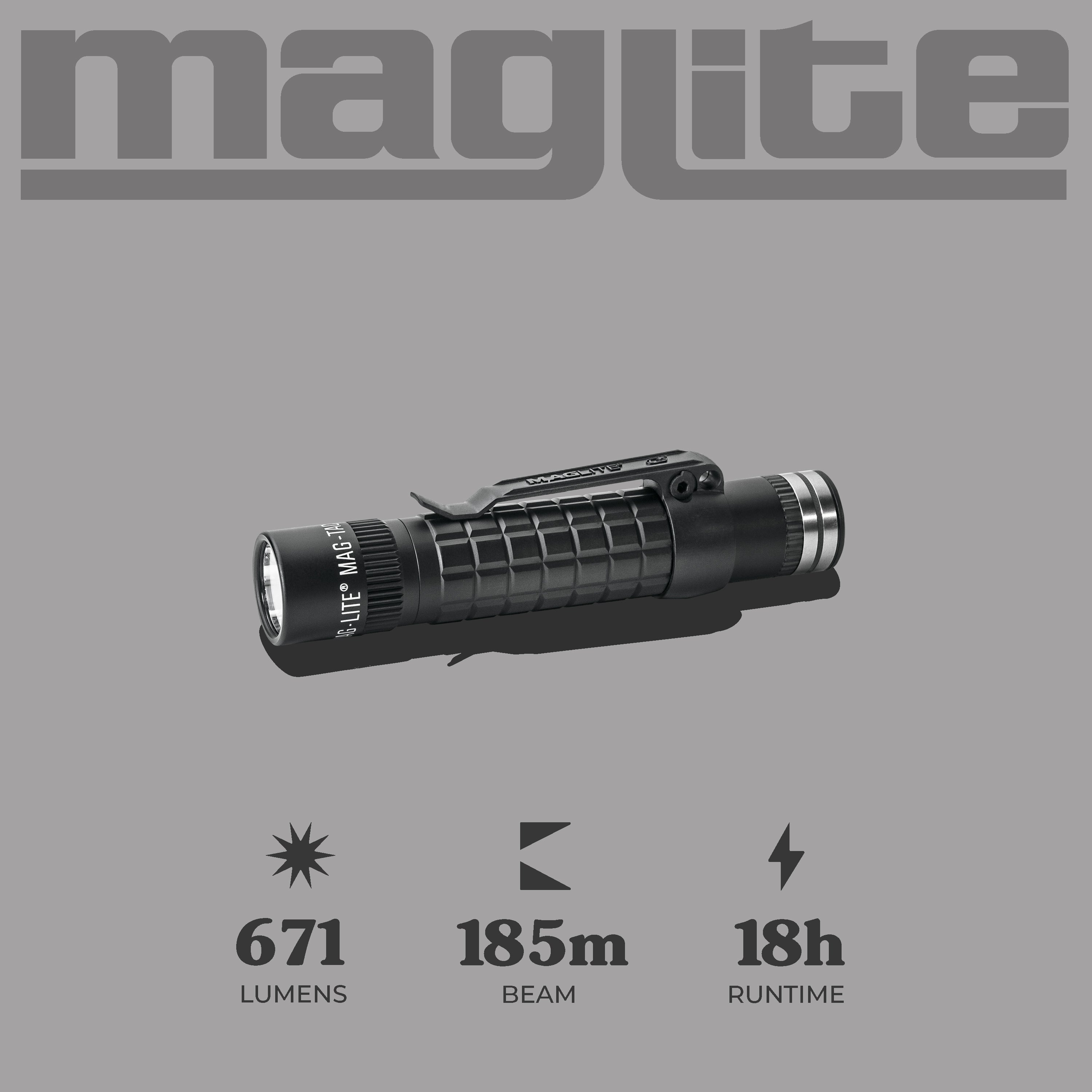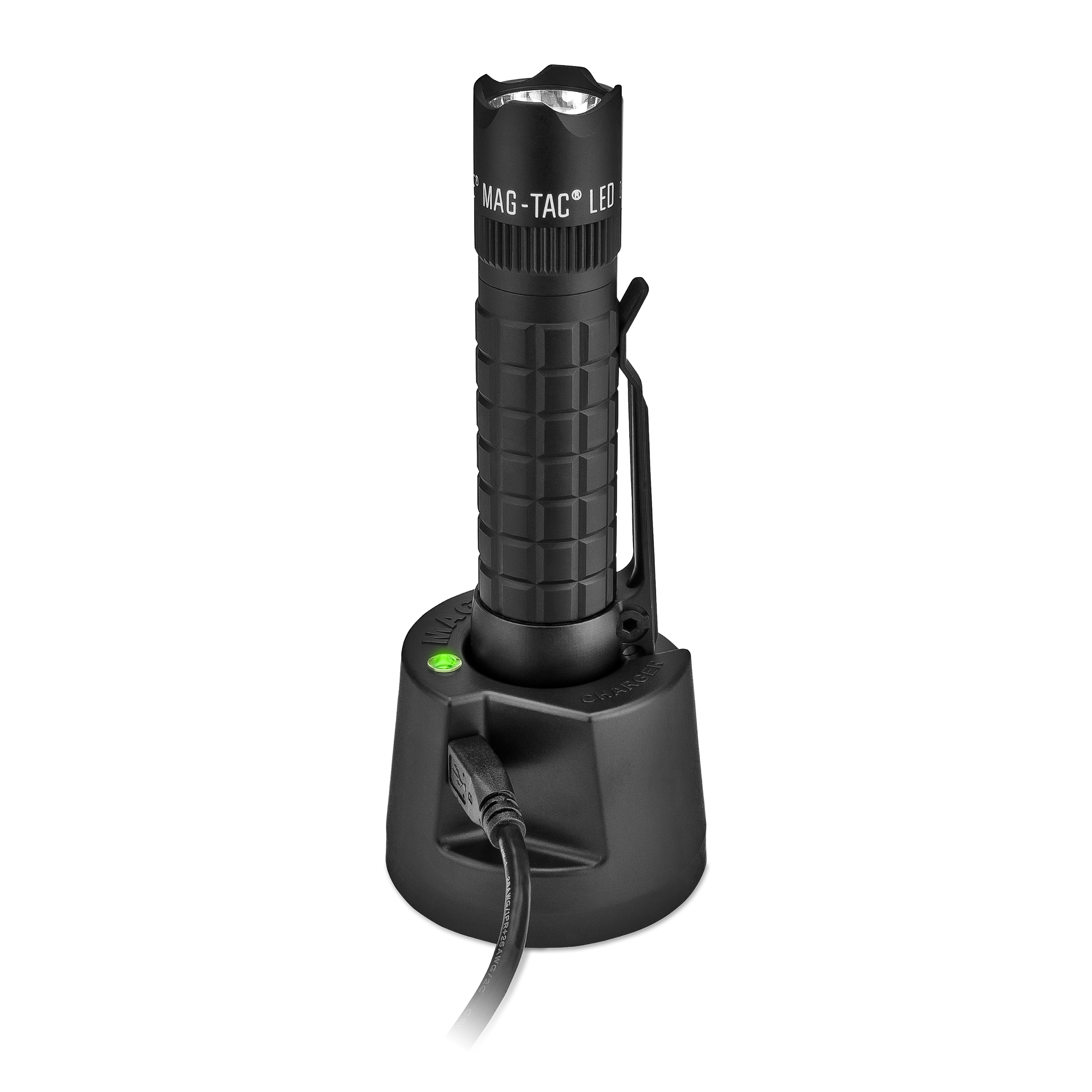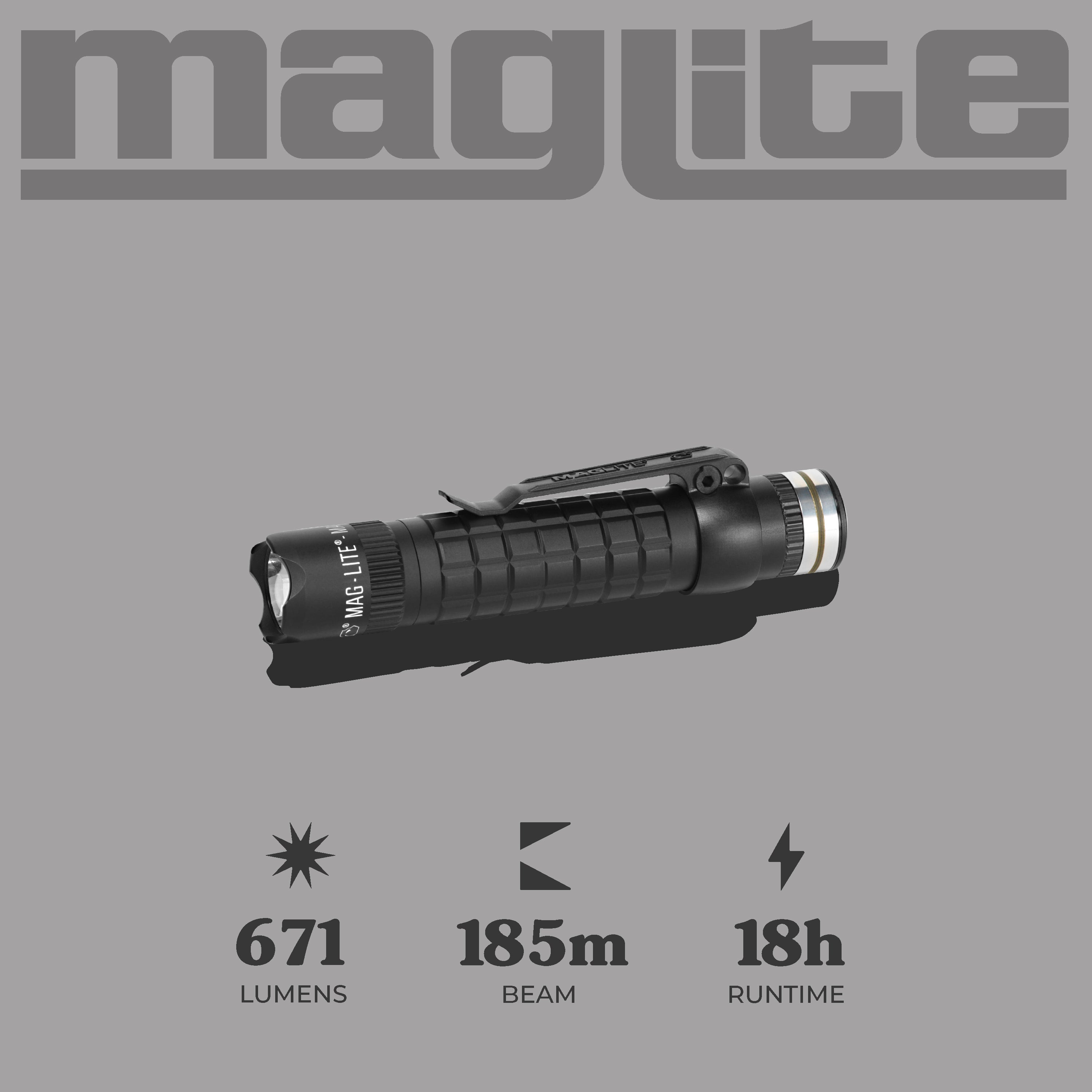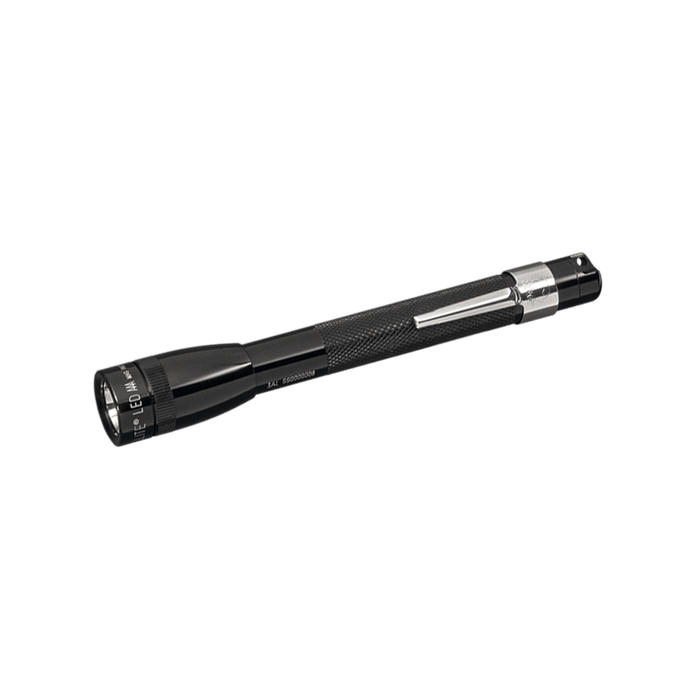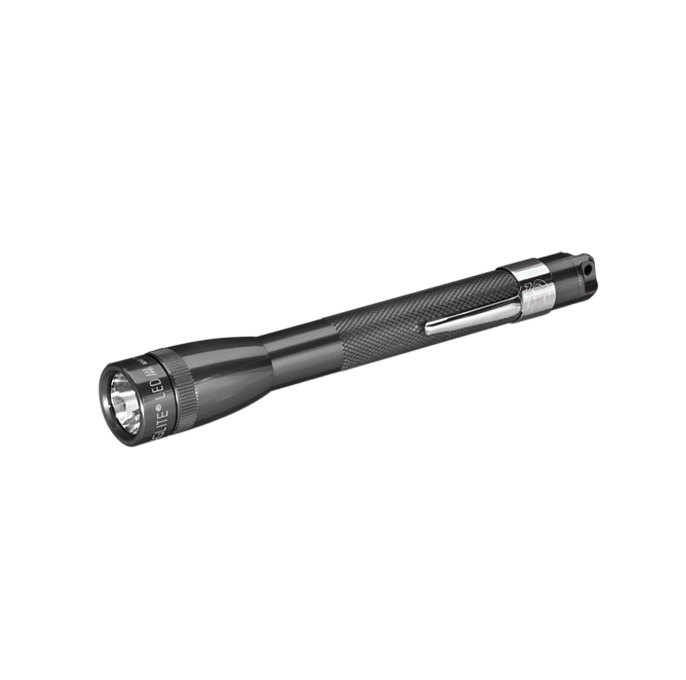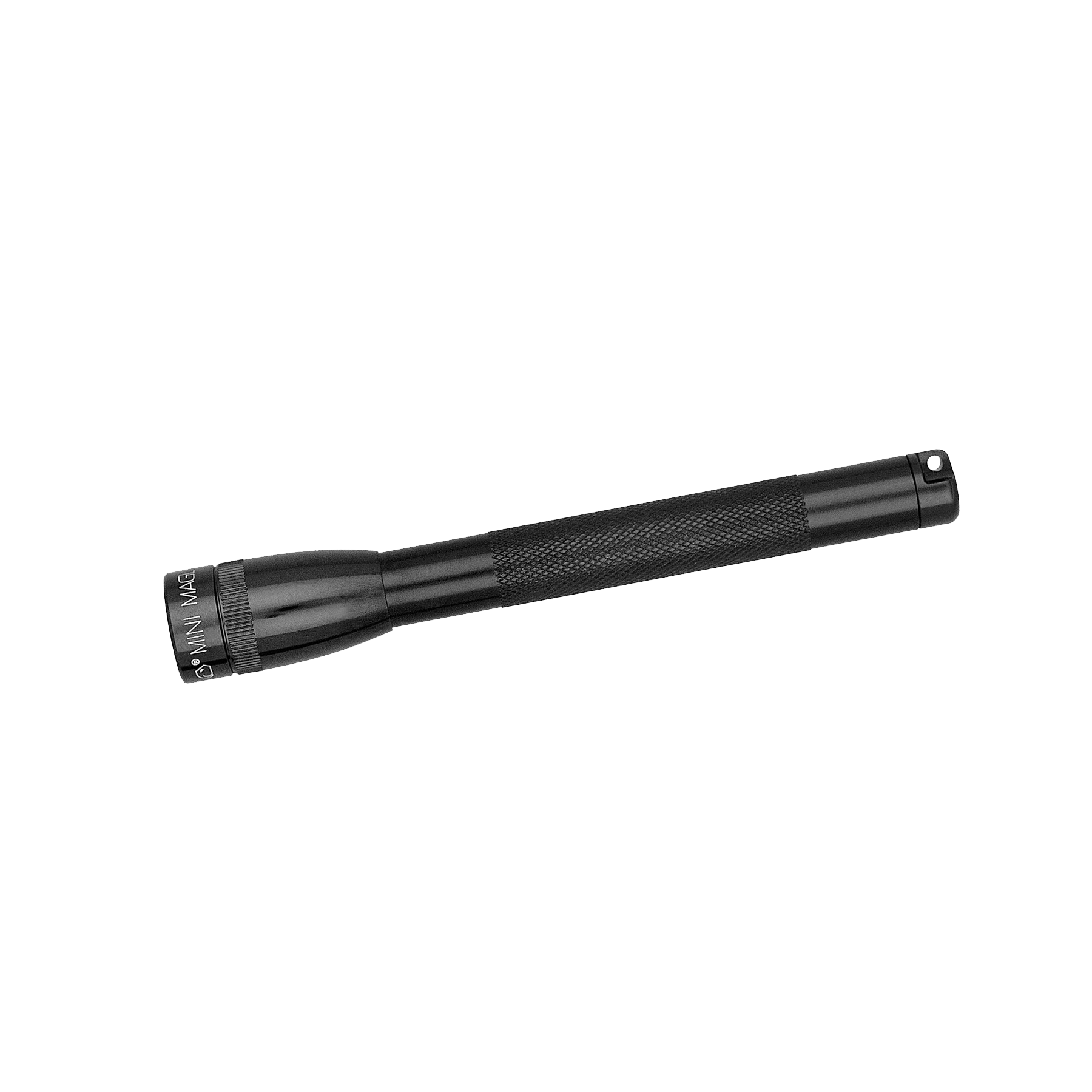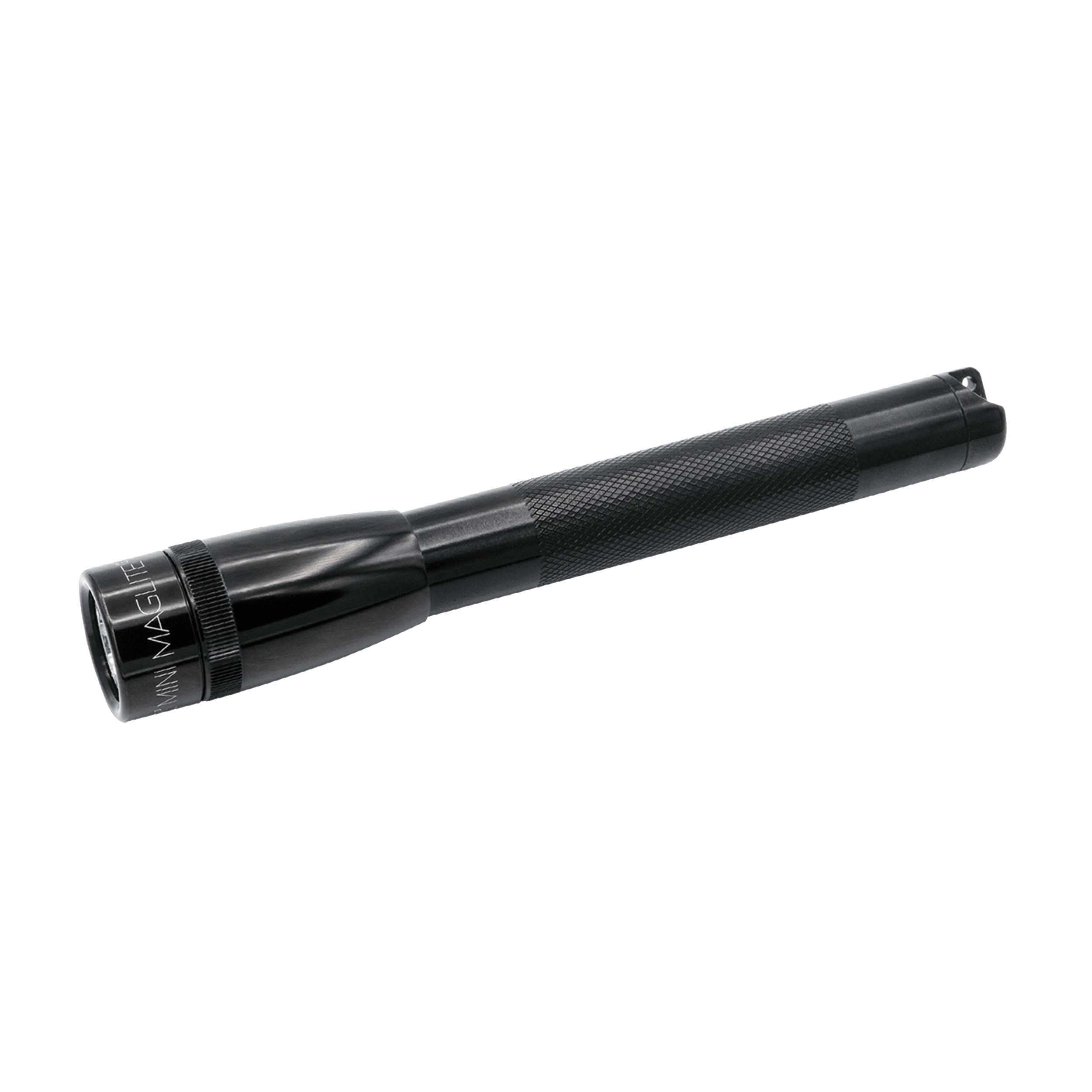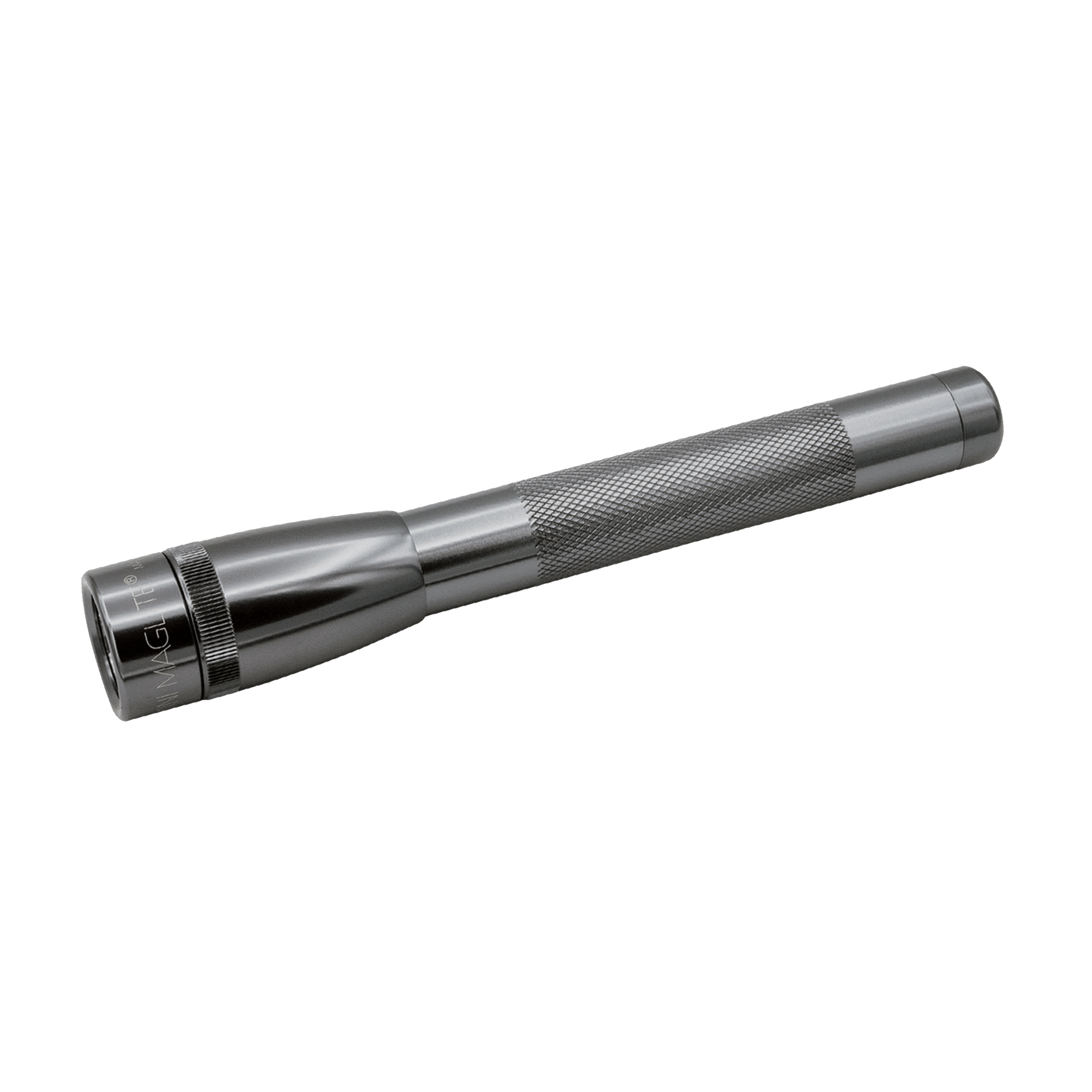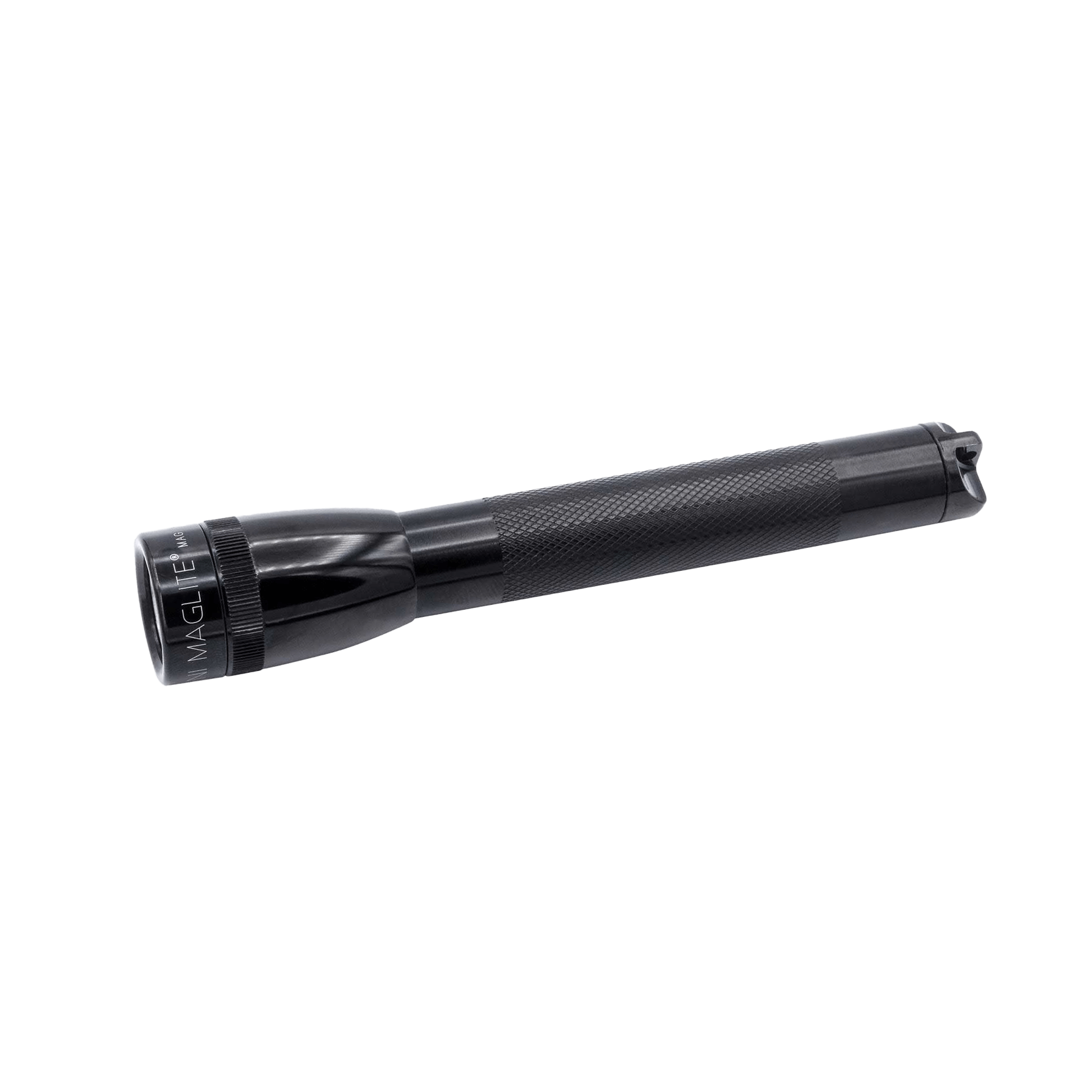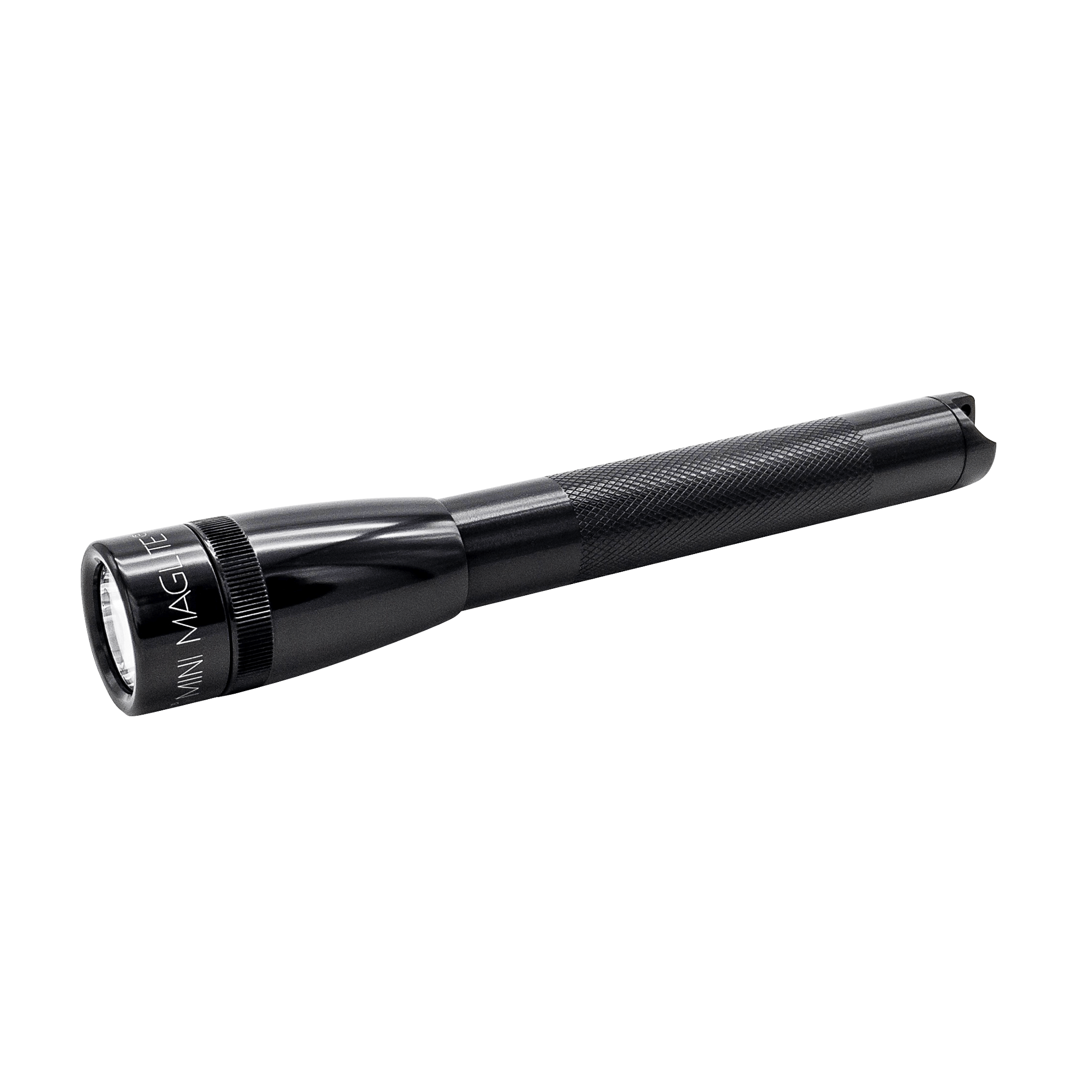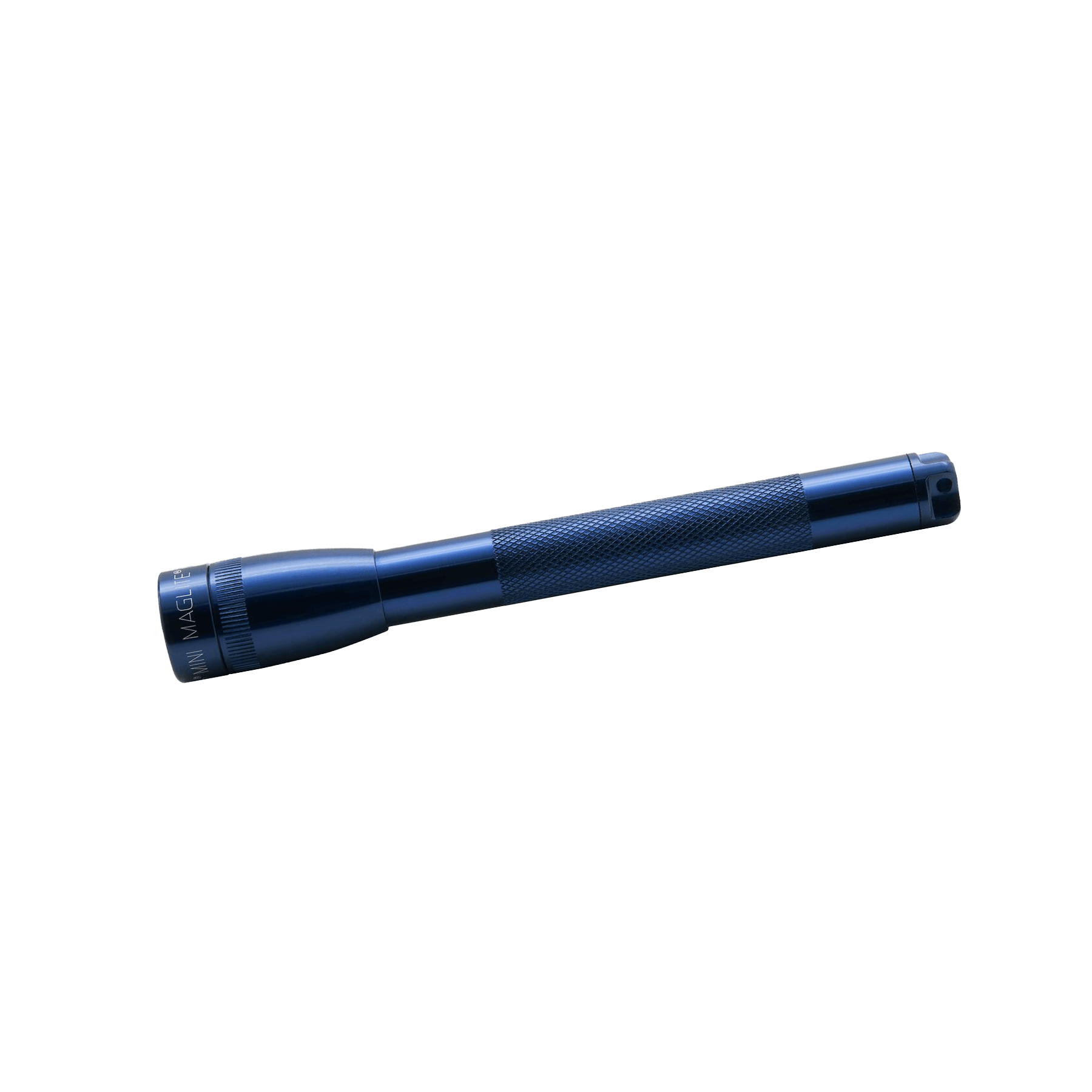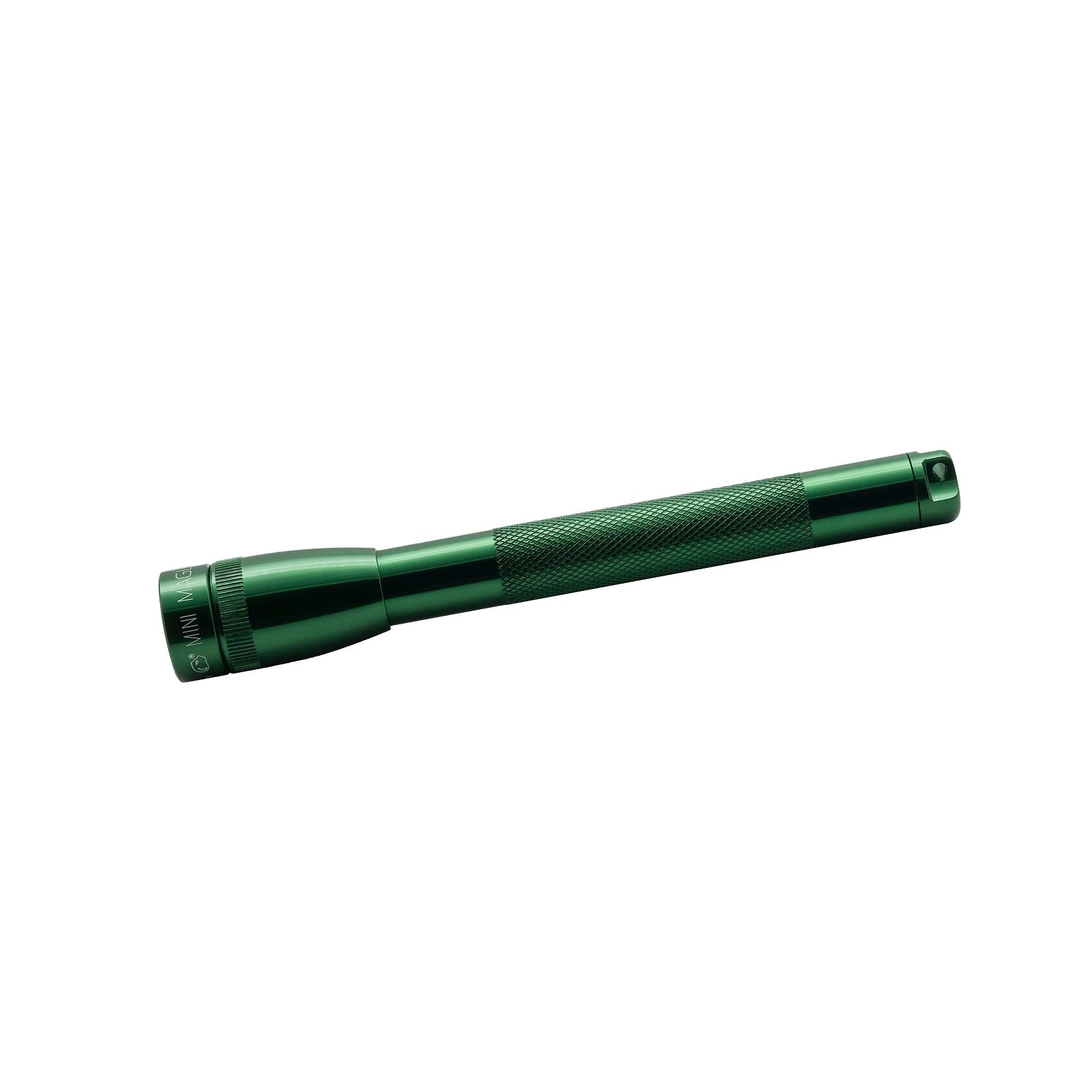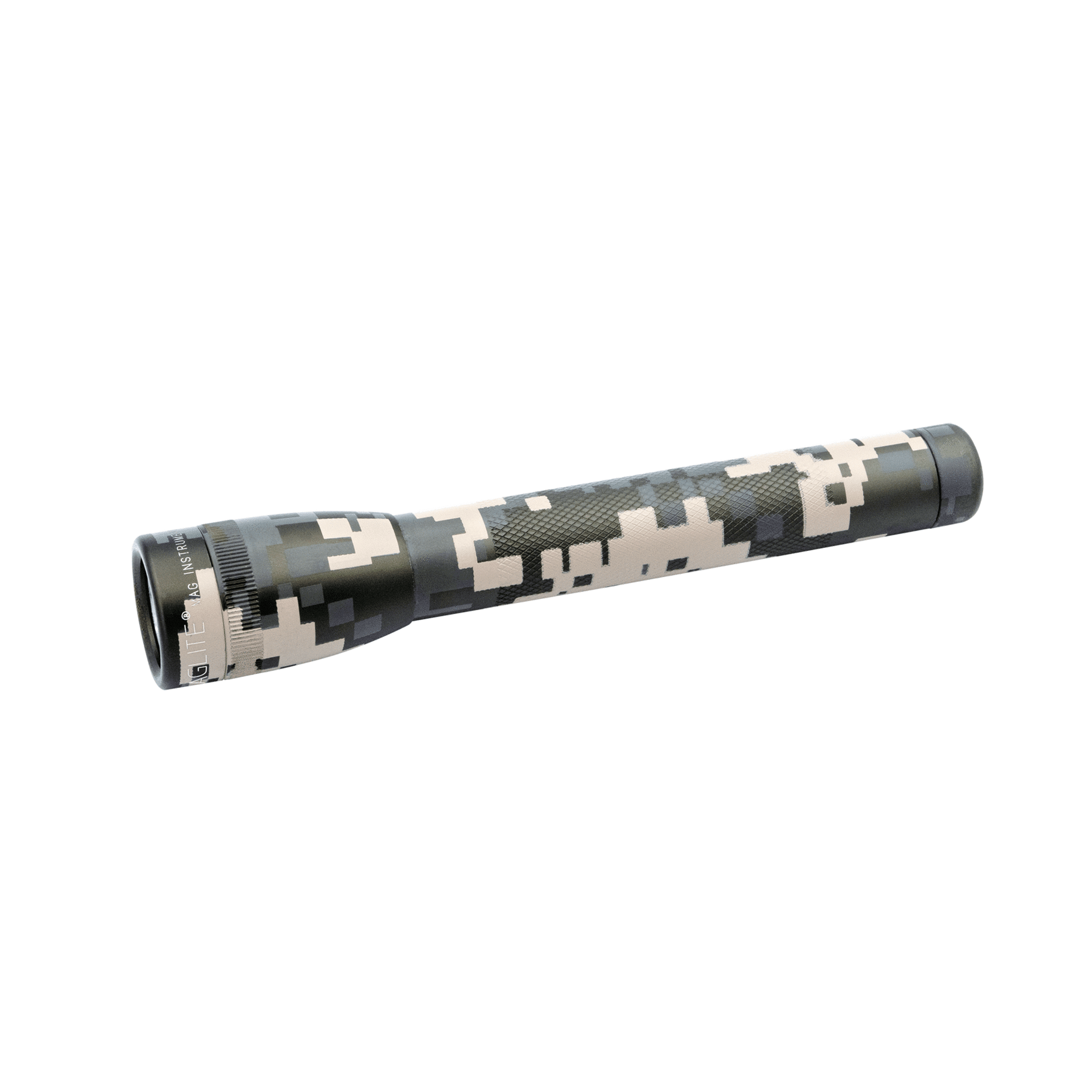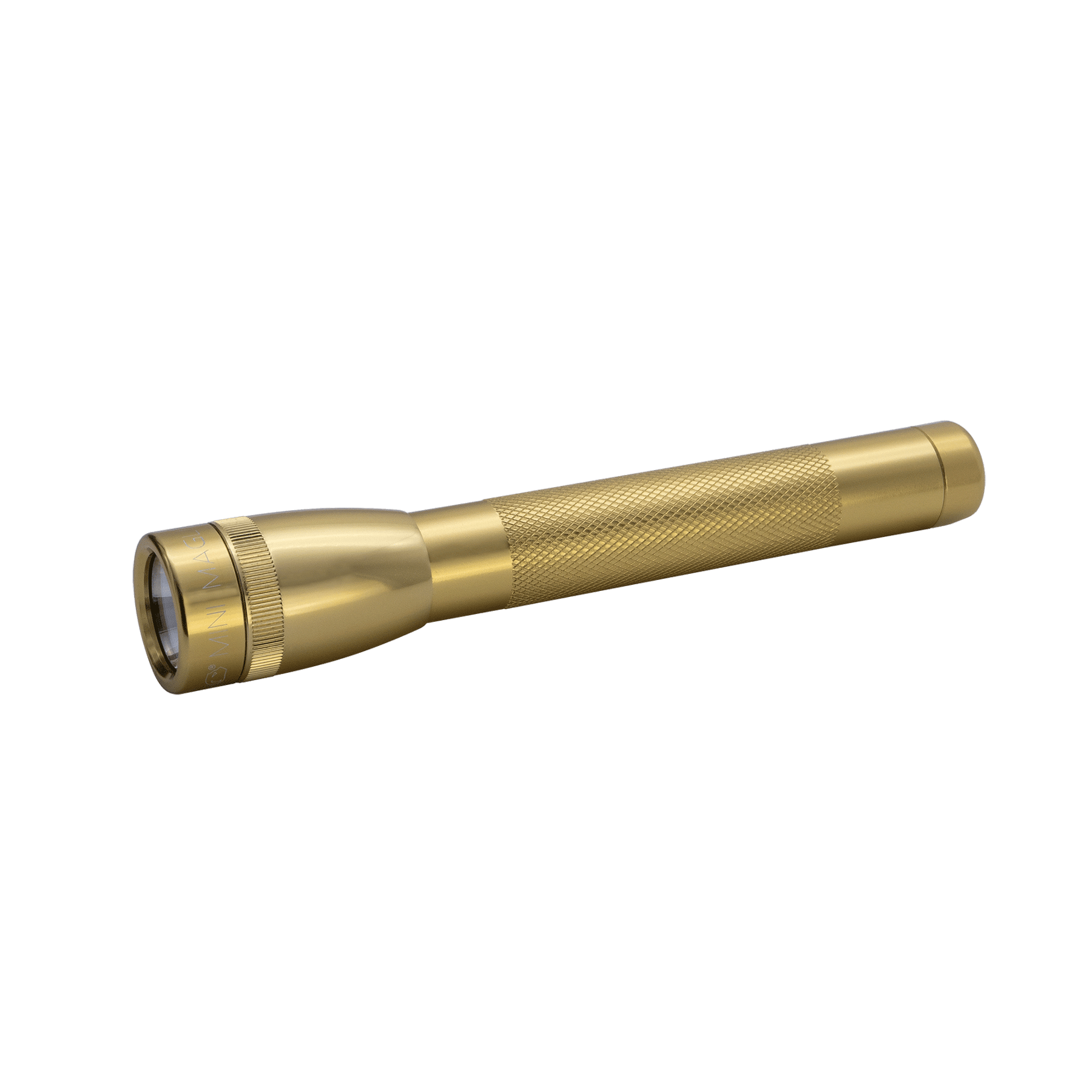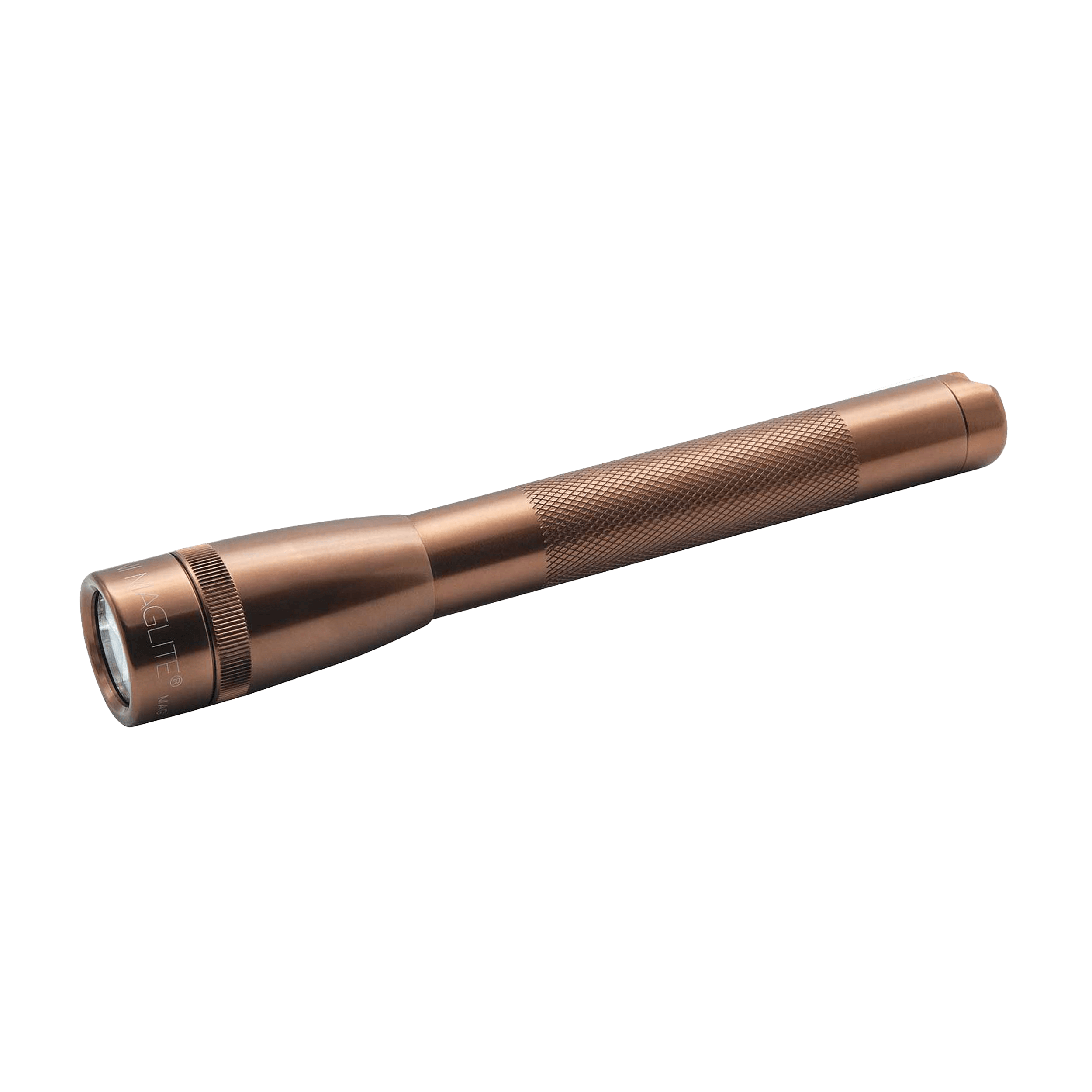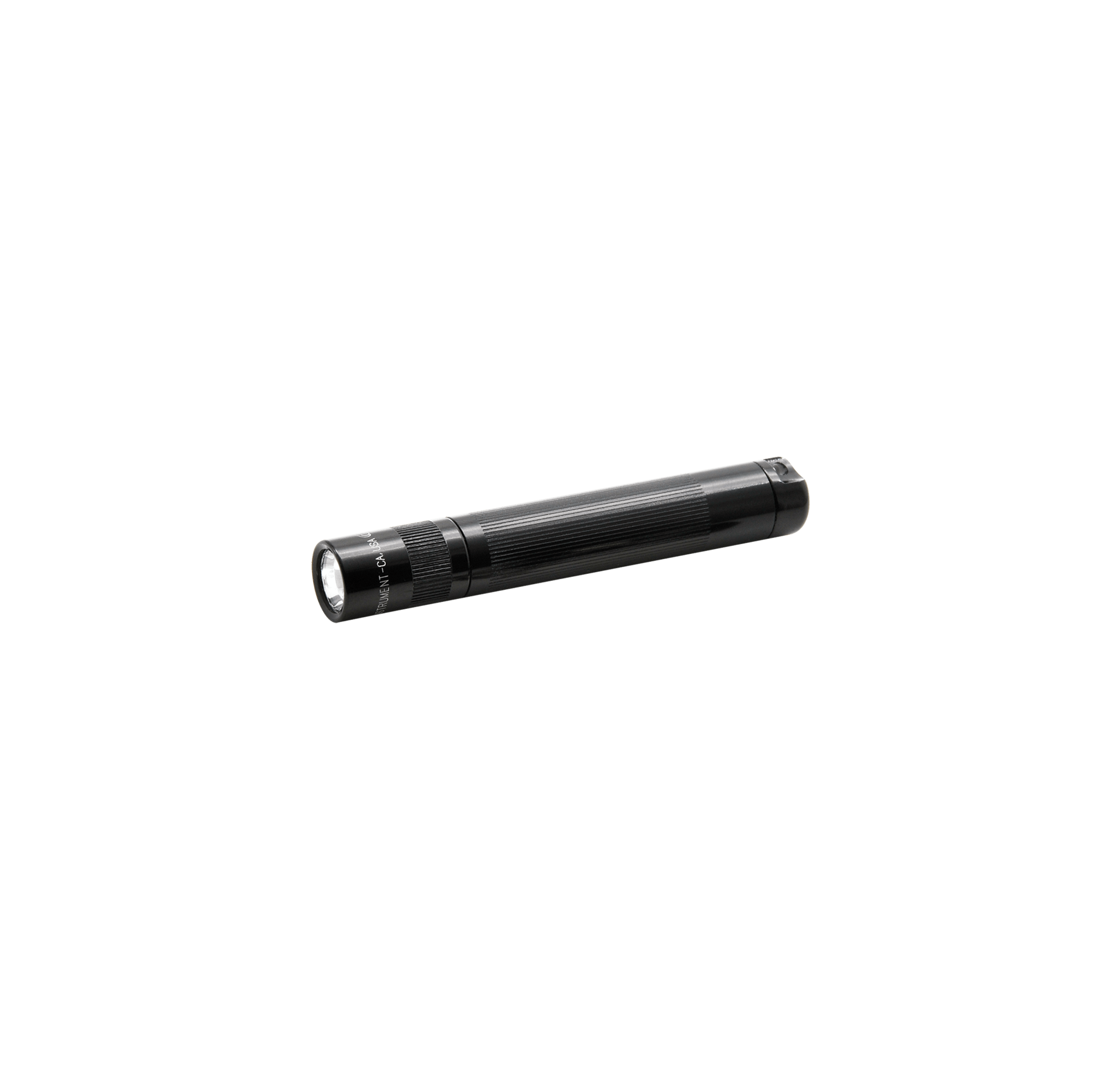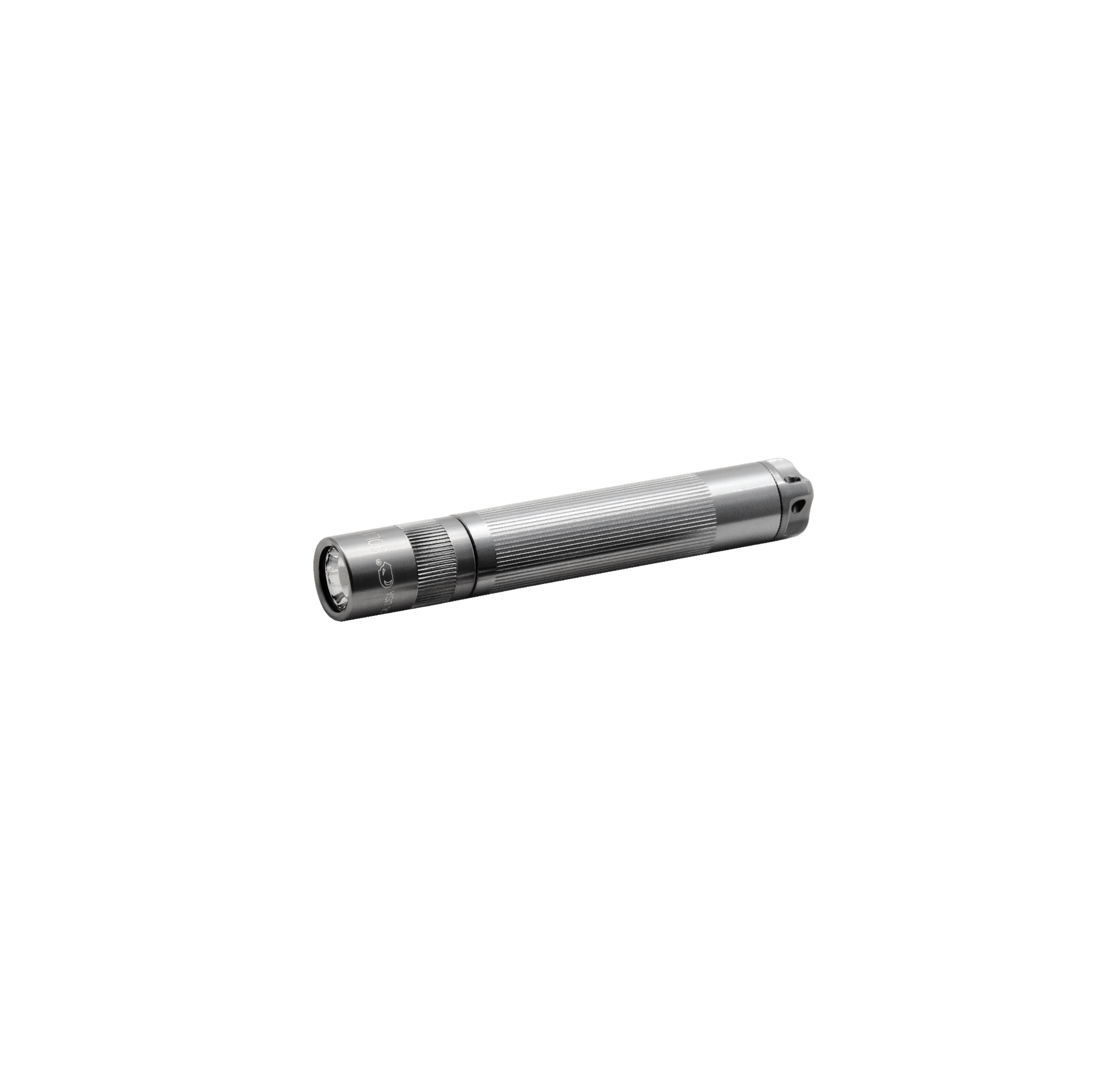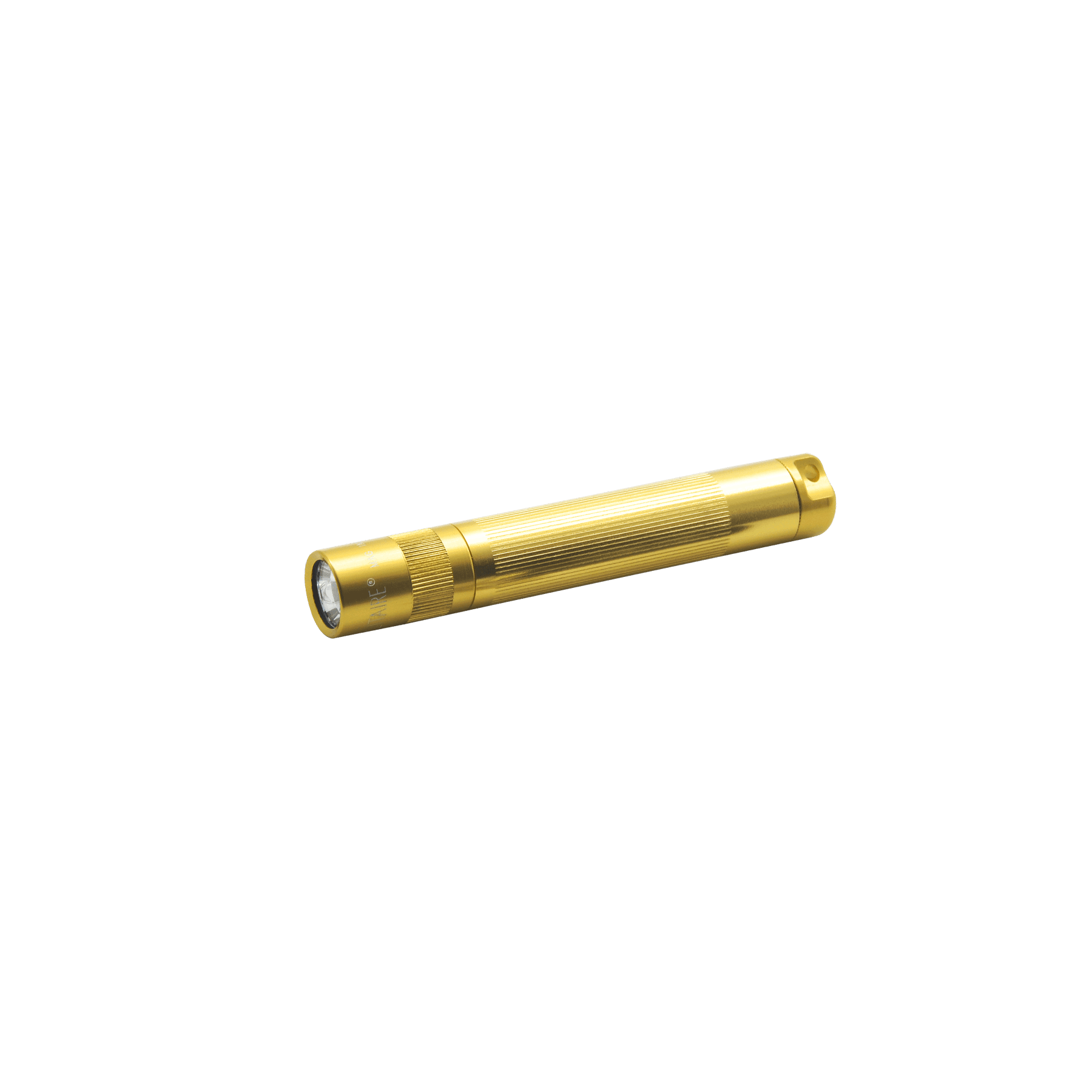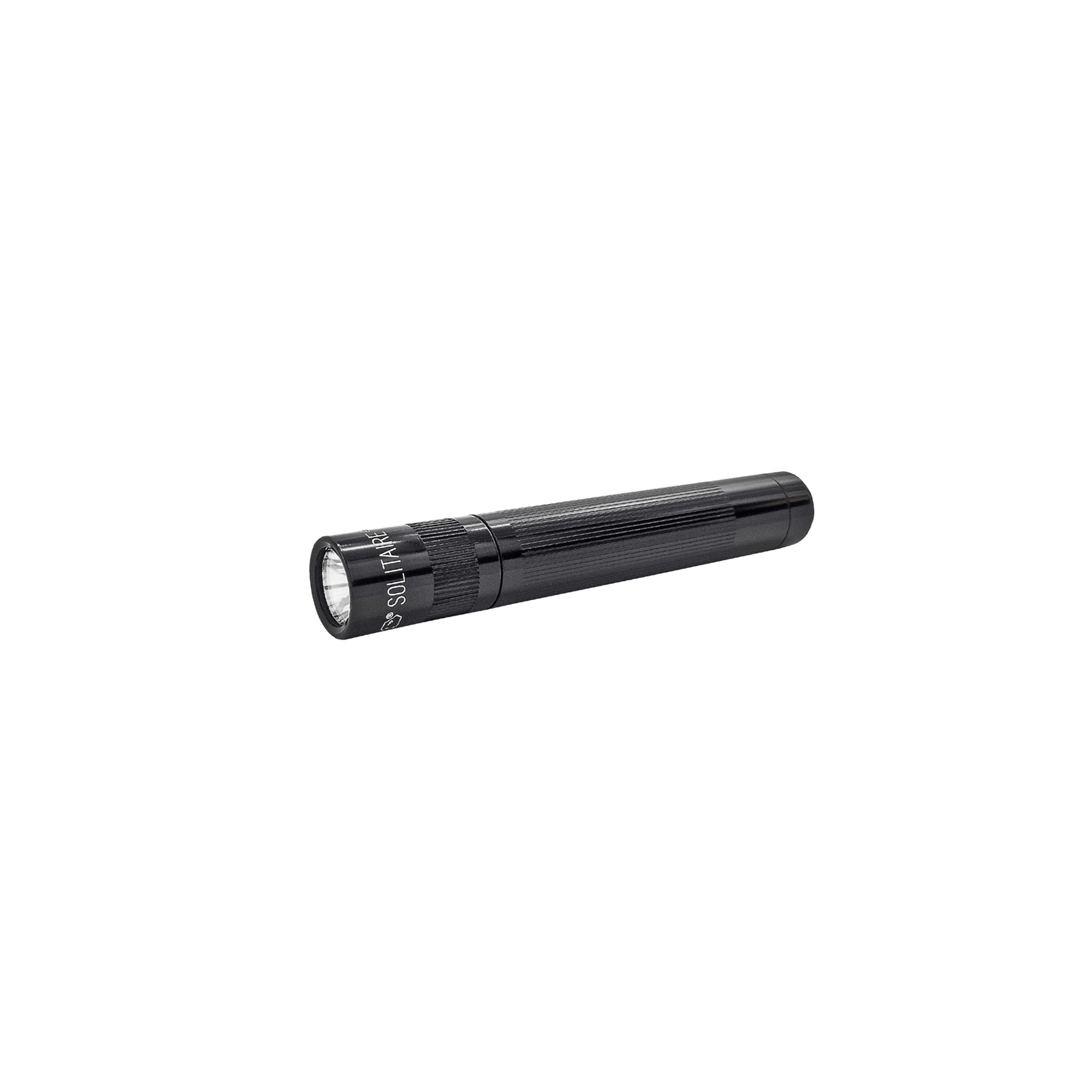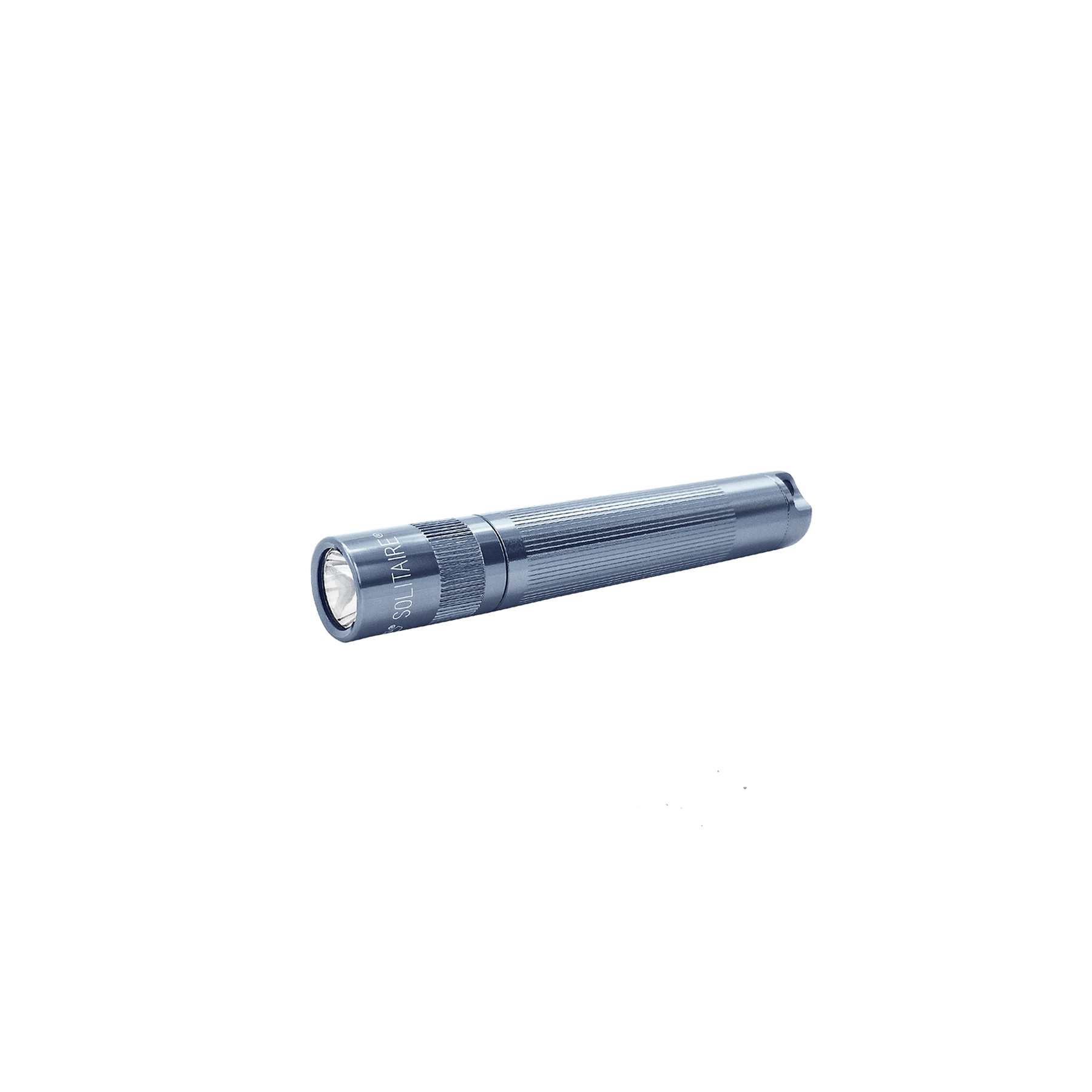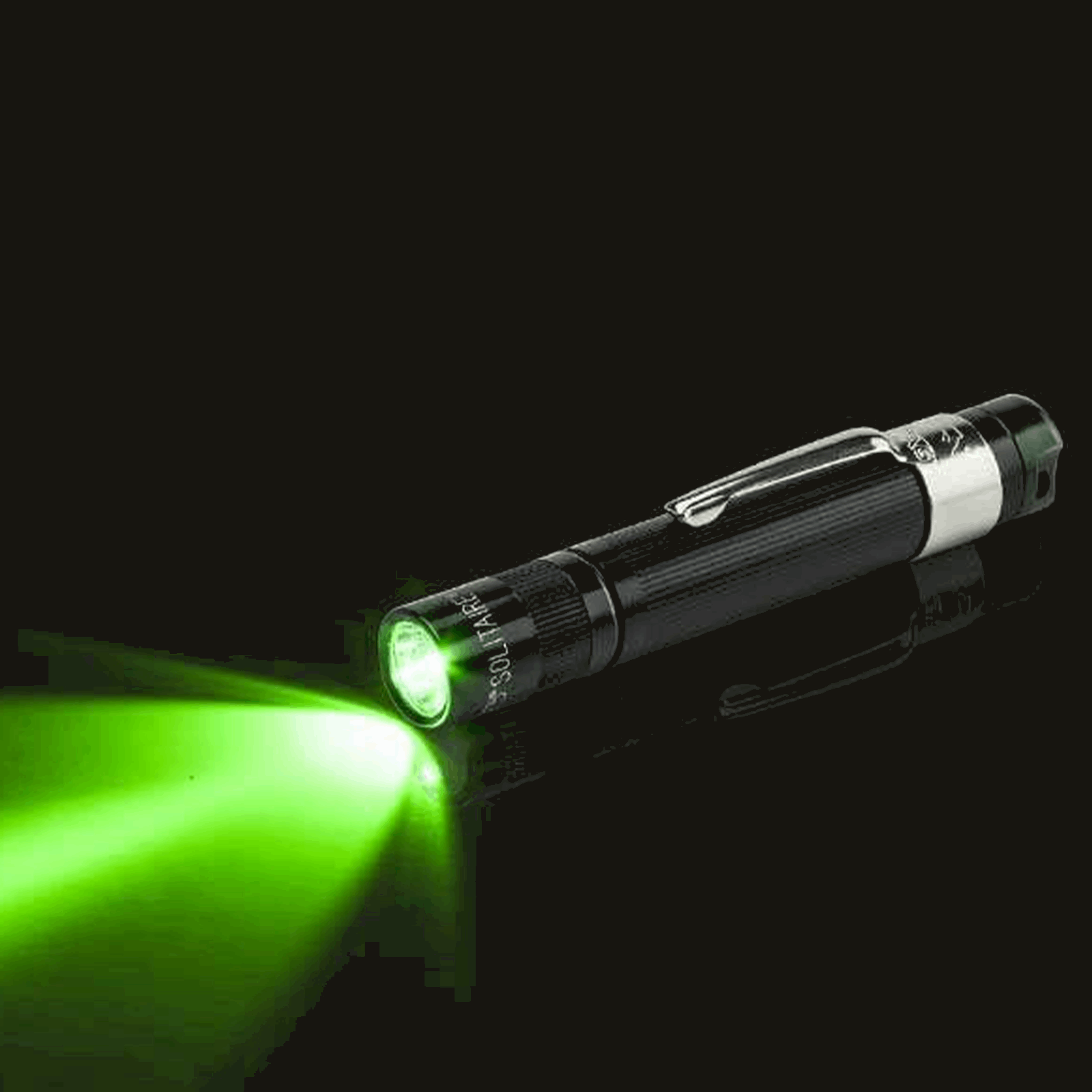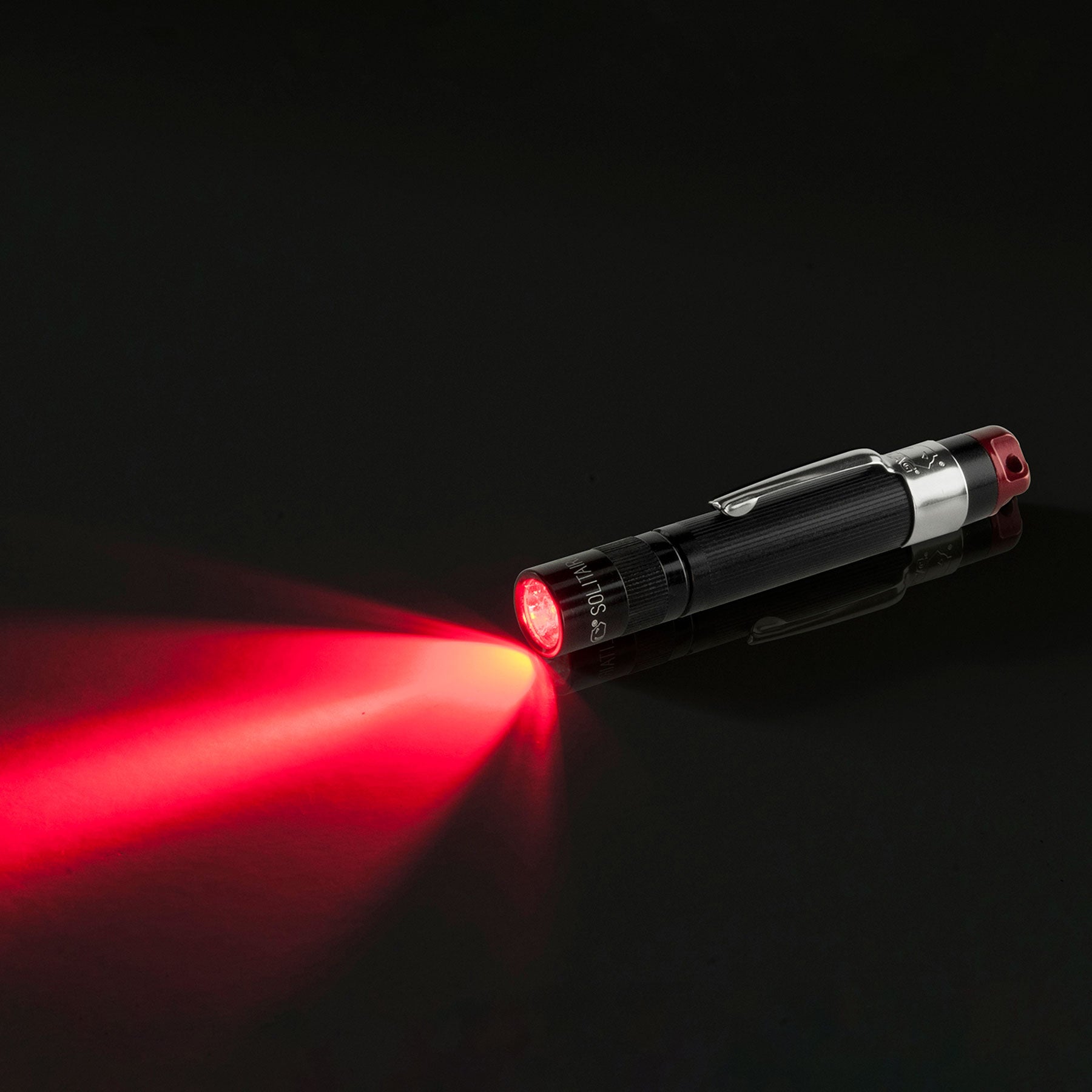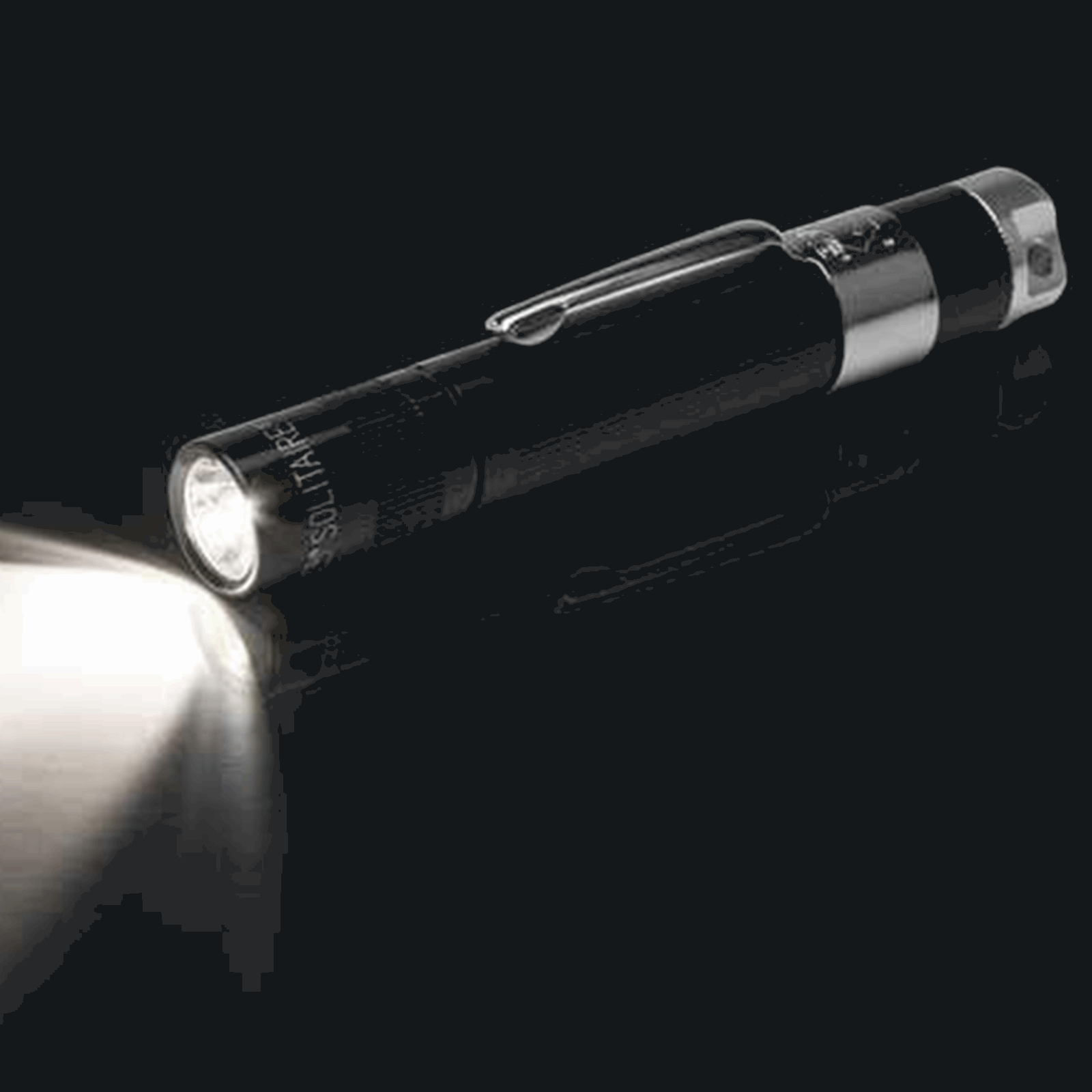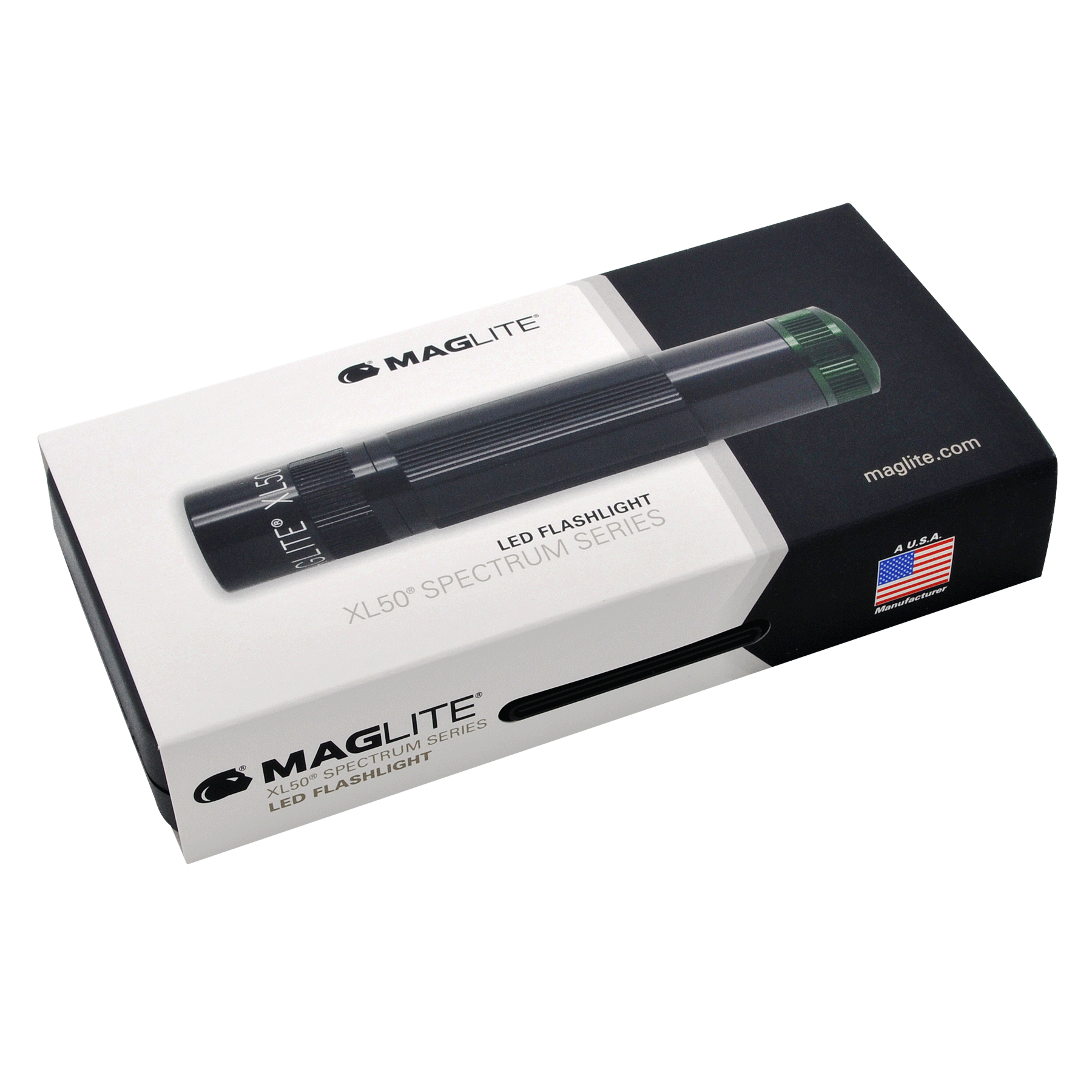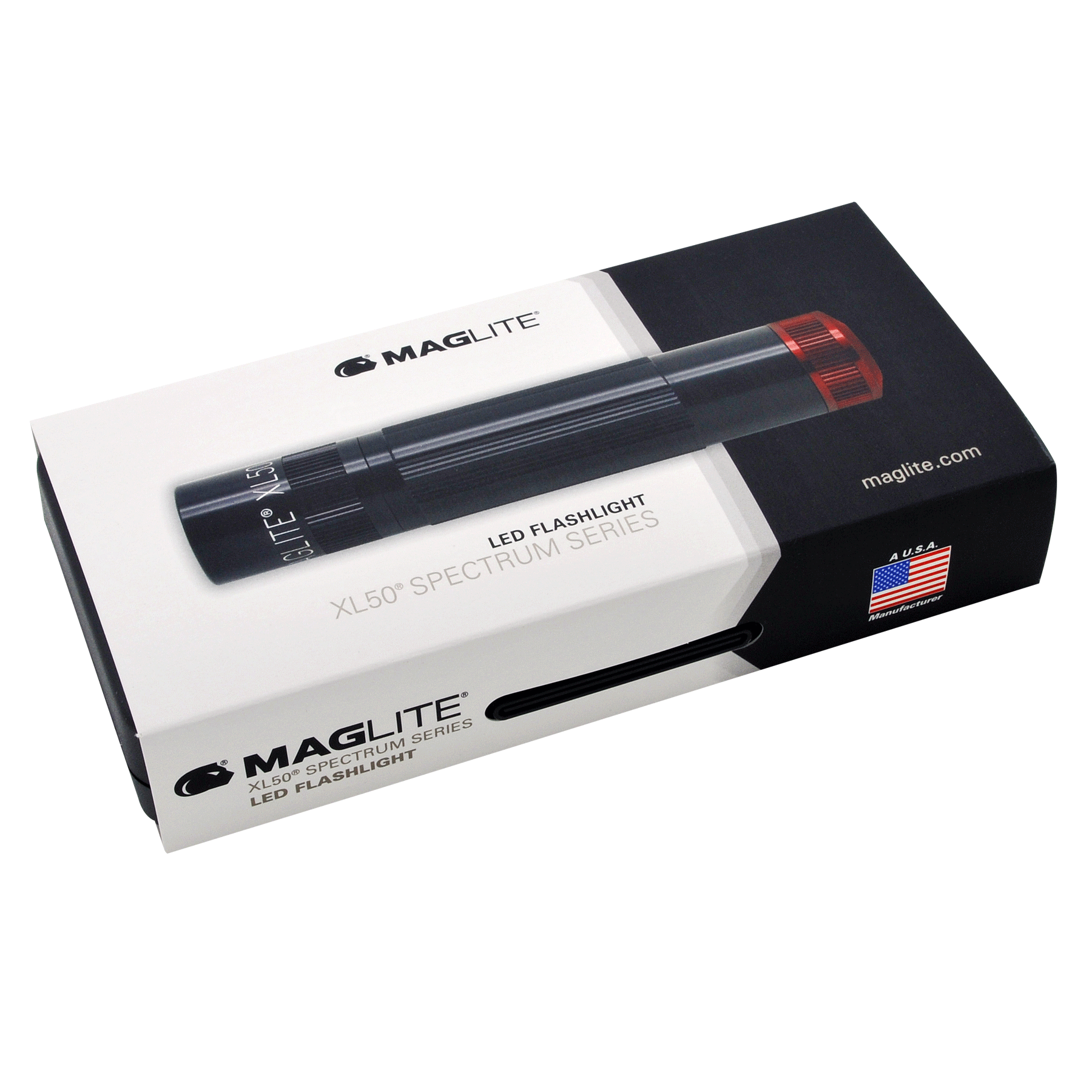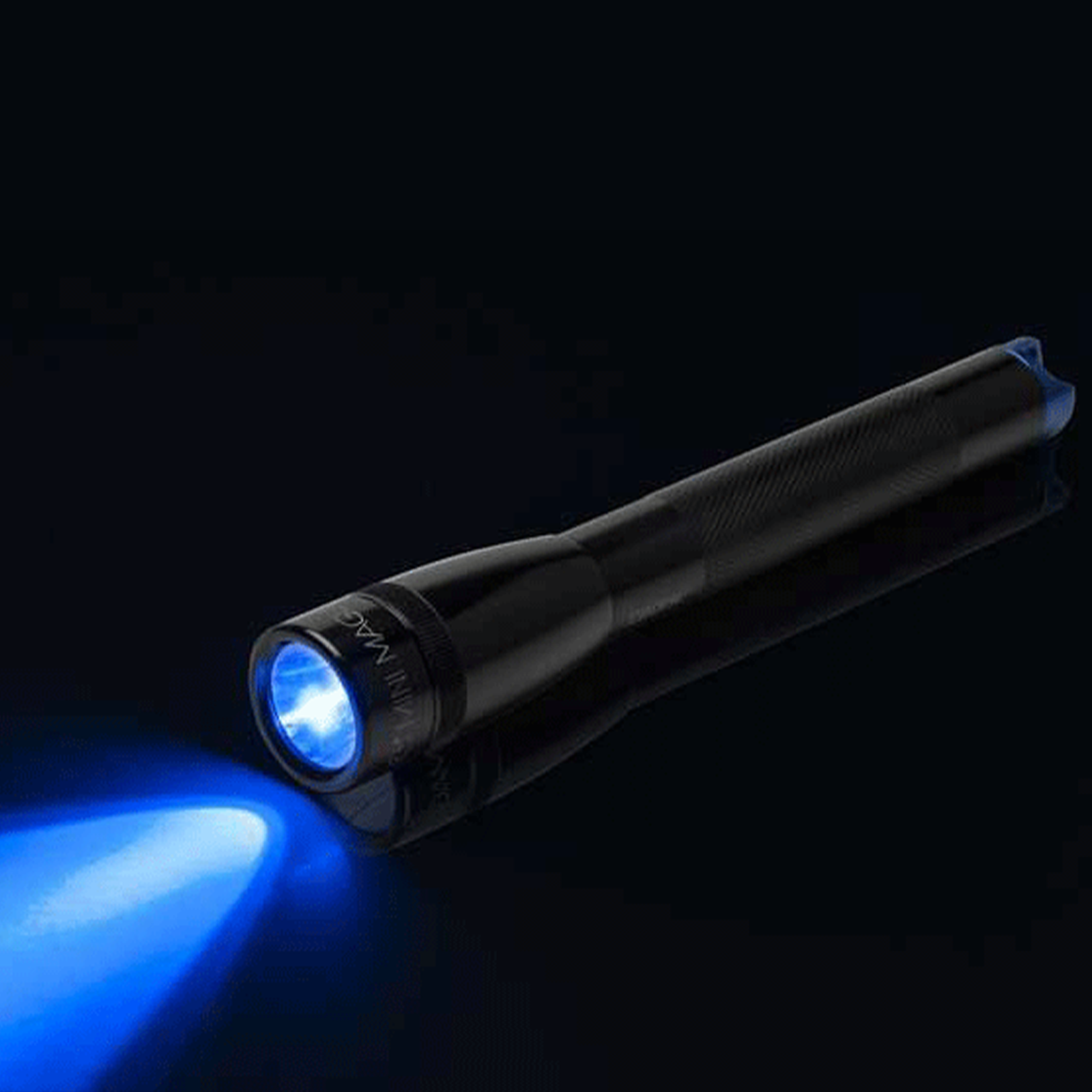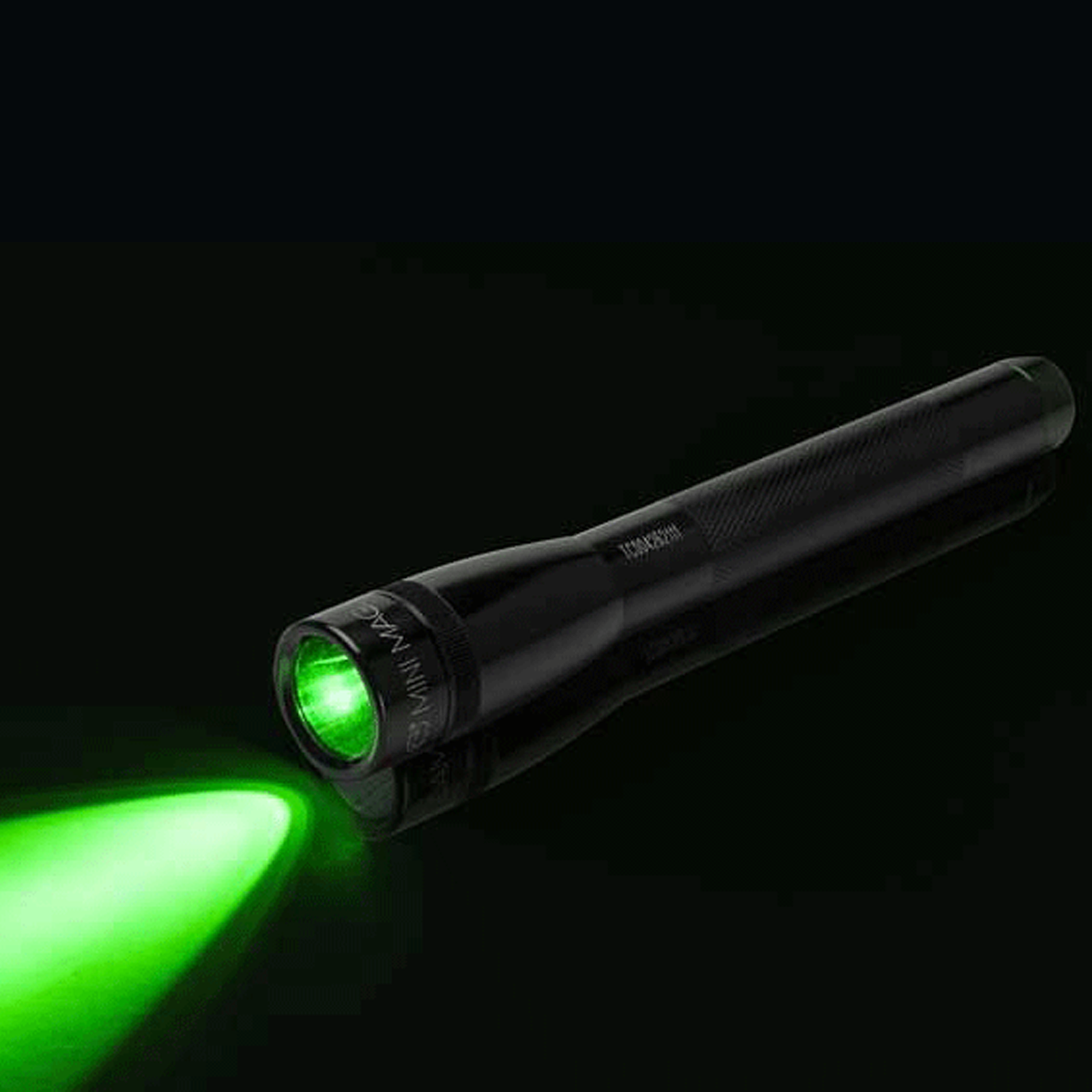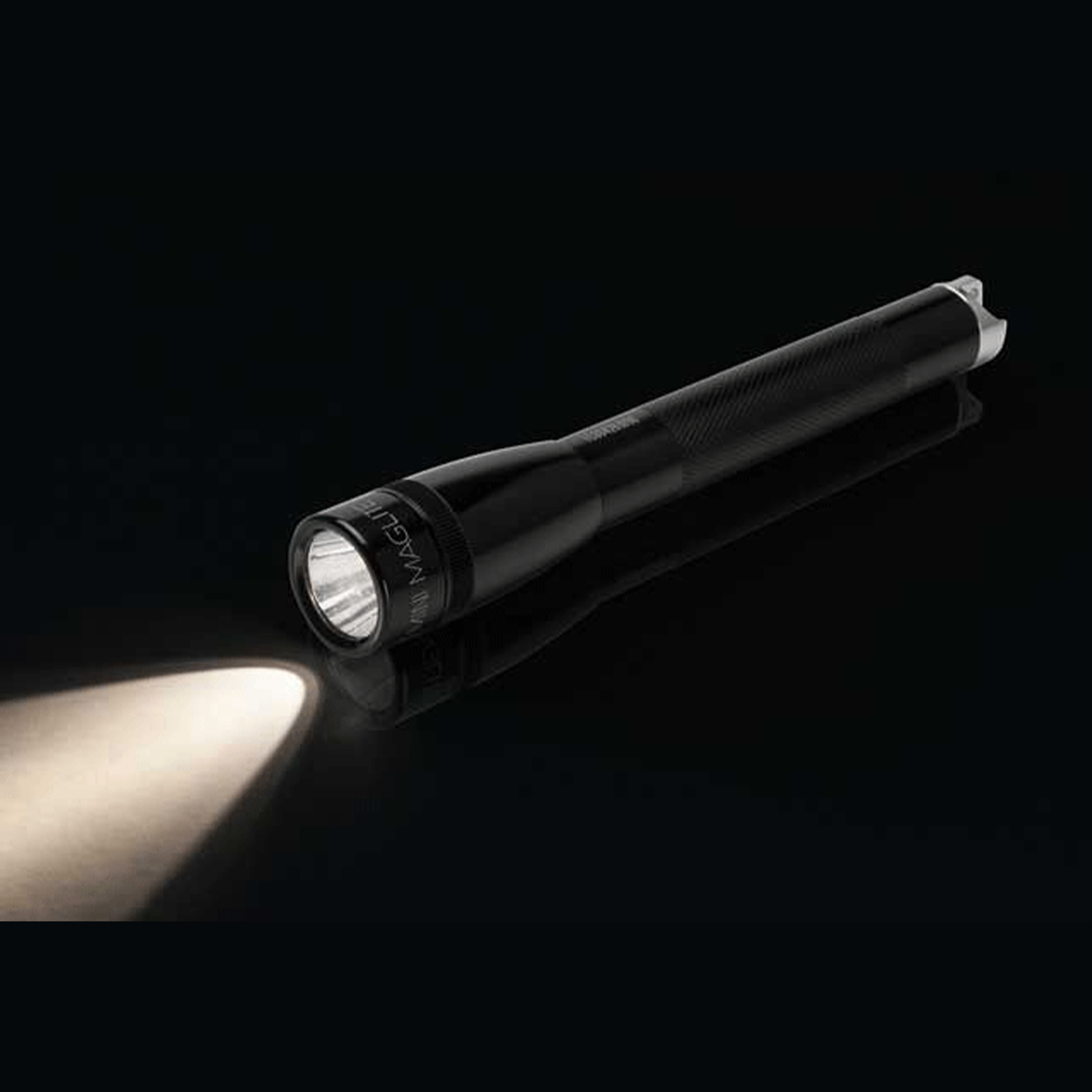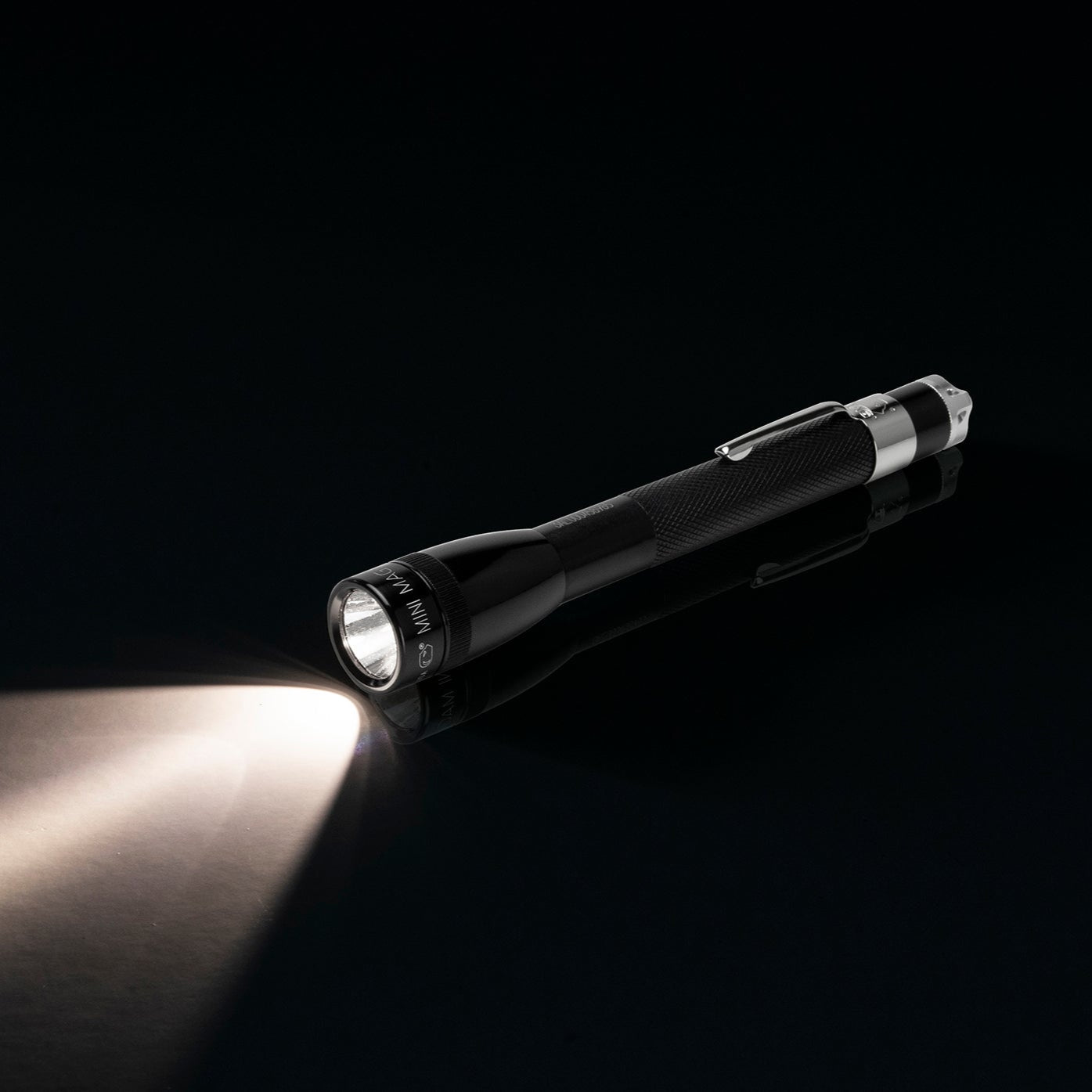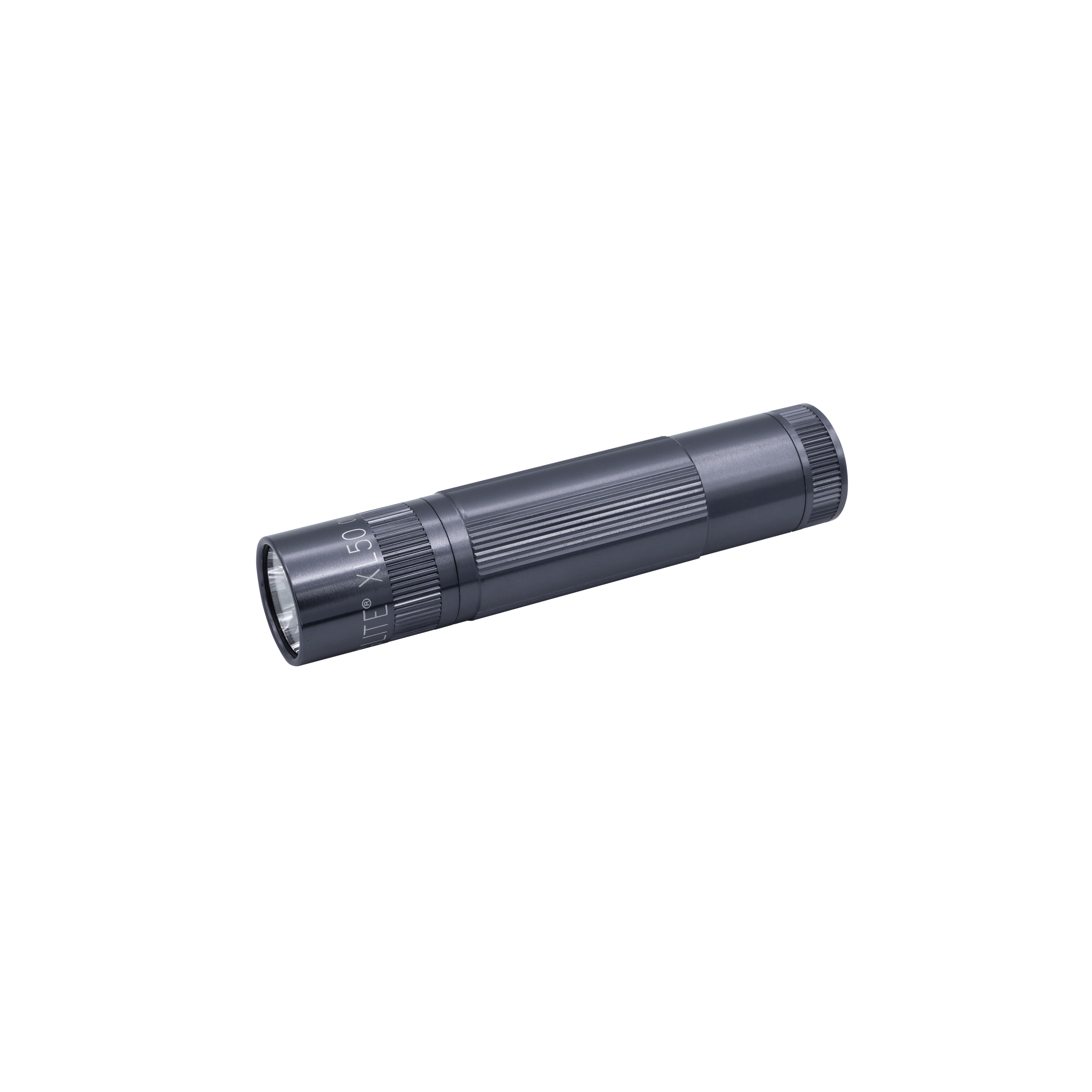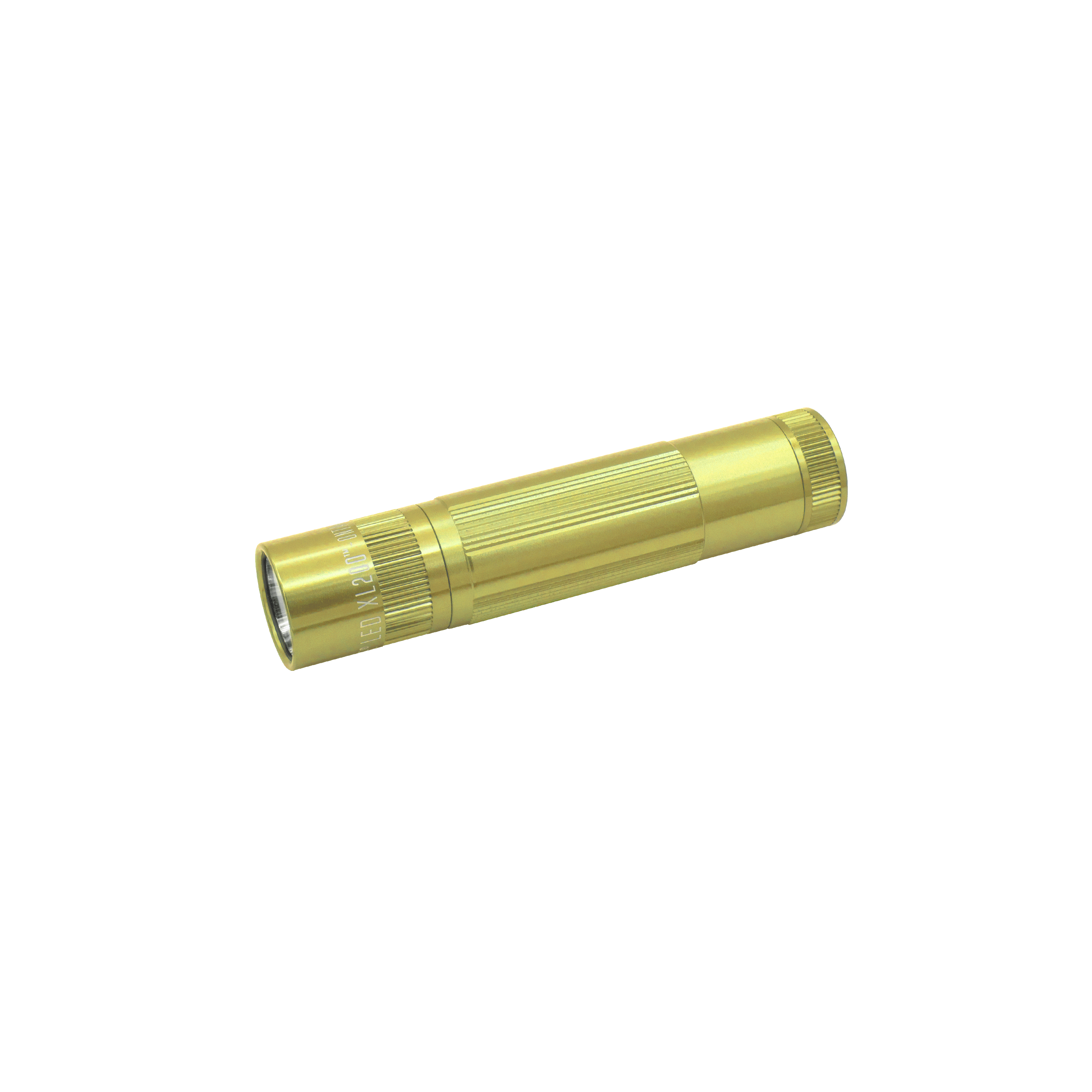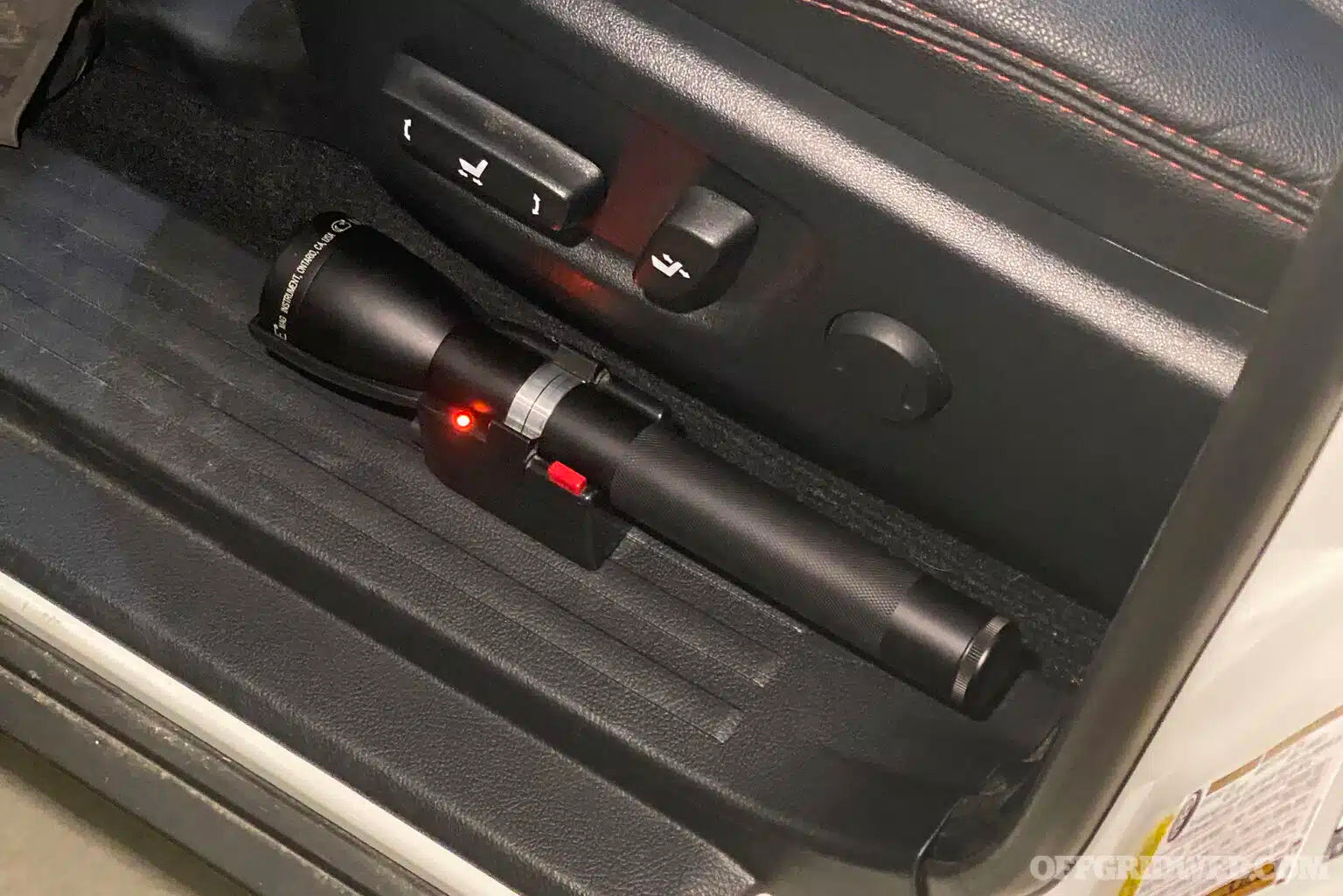Welcome to the MAGTAC Hero Series with your host Lou Desmond. Join Lou as he talks with honored hero, chief Thomas Mills of the North Beach Maine Volunteer Fire Department.
Lou Desmond:
Yes, you handled the incident but it was what you did in the aftermath of the incident, that you really got the award for. Can you explain what you did after this happened?
Producer:
You've heard the heroic story, now let's hear the real reason behind this special honor for Chief Thomas Mills.
Chief Thomas M.:
So I guess it was pretty fresh within a couple of days. John, that's sitting here with me. I went to John-
Lou Desmond:
And that is John Tippet.
Chief Thomas M.:
Yes sir. John Tippet. I know in the back of my mind the right thing to do, what to go about to do, but to have somebody like John around, that's done it far more than I could ever imagine. He's been the chief of a department before. He's been a battalion chief and I went to him and sat down with him and we came up with a game plan with the after action report to see where we did well, where we could improve and what we needed to get out to everybody else to know what to look for and to share our story so people, if they ran into the same issues with the building construction that we had and the situation we'd come across, maybe they could learn something from it too.
Lou Desmond:
So that people could learn from the incident that you went through and avoid the civilian casualties and also the potential death and injuries to your volunteer firefighters. We're to bring in here now John Tippet for the following questions, who has been sending dutifully there, side to side of Chief Thomas Mills with the North Beach Volunteer Fire Department, who by the way, got a national fallen firefighters and Maglite award as the firefighter hero.
Lou Desmond:
And I was there to give him that award on behalf of Maglite and Tony Maglica and family and is so proud to do it. More deserving people, I could not imagine than volunteers that fight fires in their communities and risk their lives. John Tippet, what were the lessons learned from this incident that had to be presented and made sure that people understood and that you could then make people learn from and make something valuable come out of this?
John Tippet:
First of all, Lou, several of the important lessons that came out of that fire were that the firefighter that was pulled from the building, Safety Officer Morrison had all of his protective clothing on properly and that is a contributing factor to his injuries being limited to what the potential was. He also made note of the fact that he had his waist strap buckled on his SCBA, which allowed the firefighters on the exterior of the building to grab his straps and pull him out of the building.
John Tippet:
If he had not had his waist strap buckled and they grabbed his SCBA, they would have pulled the SCBA off and he still would've been trapped in the building and likely killed. Some of the other elements that came into play, the automatic aid agreement that Calvert County operates under, along with our partners and Anna Arundel and Prince George's County provides for a seamless response of multiple units to the call.
John Tippet:
So when that structure fire was dispatched, it was a four to five engines, two ladder trucks, a heavy rescue squad and an ambulance. And all of those units, along with the command officers, come to the scene regardless of their geographical boundaries. And then they all operate under one standard operating procedure. So as Chief Mills mentioned, the incident commander was from another department because Chief Mills was driving the engine that day.
John Tippet:
So we wanted to promote the fact that cooperative operations are essential. Incidents like this, this was a sprinklered structure, but due to the construction and the way the fire spread and the wind, it overpowered the sprinkler system. The fact that the firefighters were wearing their protective clothing properly, and also just bring to light that this was an extremely challenging event.
John Tippet:
It was in some cases, a once in a lifetime or once in a career fire. So it is a tenant of the National Fallen Firefighters Foundation to share lessons learned so that no firefighter can go into any situation without the opportunity to be educated about it in advance. And this turned out to be one of those events and to Chief Mills' credit, he was very candid and open, and not only did we share the information in North Beach, we went to the neighboring departments and did presentations with them as well.
Lou Desmond:
It's really great to share information about what you did right, but it's even more important, I've learned, to share information about what you did wrong and I have learned more from my mistakes in my life, than I have learned from my triumphs. I think it's true for most people, but it's very hard to admit things that didn't go the way that you wanted or could have gone bad if things hadn't gone your way.
Lou Desmond:
So to be willing to do that, Chief Mills to stand up and say, here's what we did, could've gone right, could've gone wrong. We did our best, but we're willing to open up and say, look at us. Take a clear look at this and this incident. We're not going to sugarcoat anything. We're not going to hide anything because we want people to learn from this. That's a certain type of courage too, and we commend you for that.
Chief Thomas M.:
Thank you very much.
Producer:
Next time, on the MAGTAC Hero Series, we wrap up with the heartwarming story of the honor and the event itself, on the final episode of the MAGTAC Hero Series with Chief Thomas Mills.


